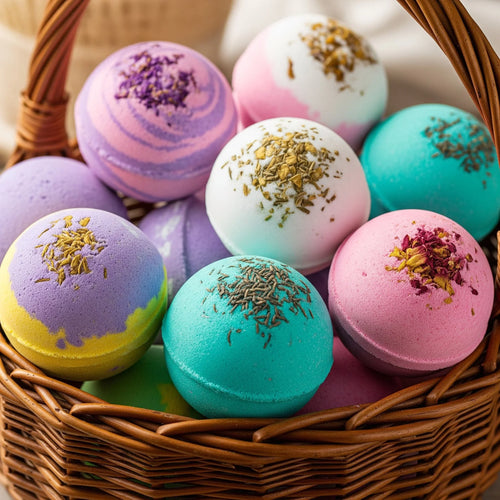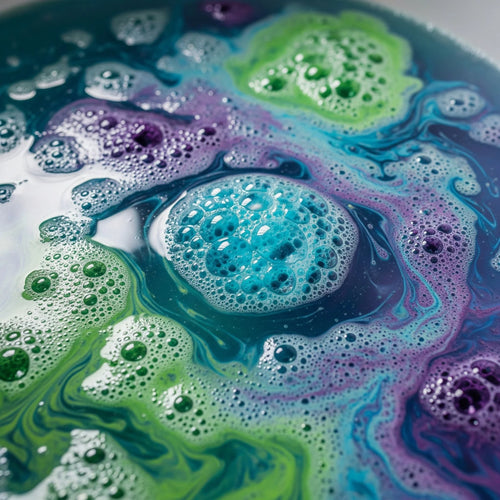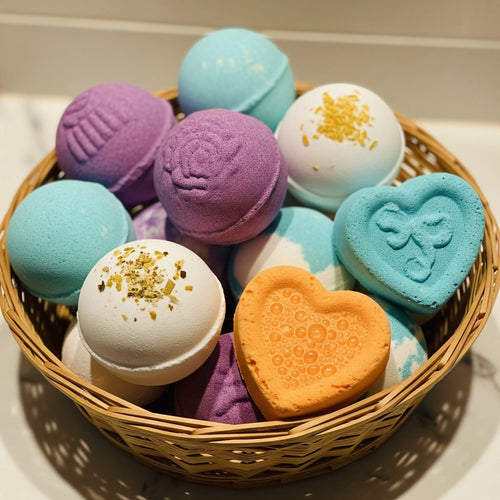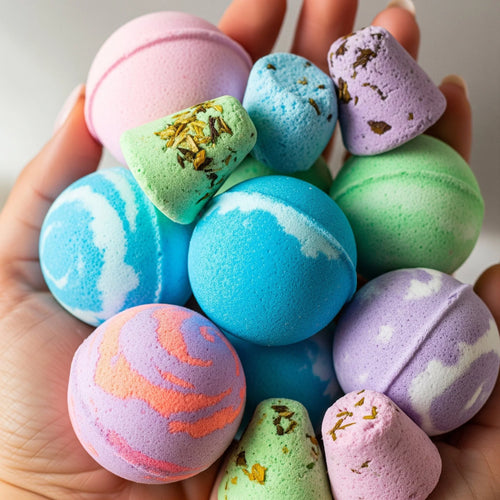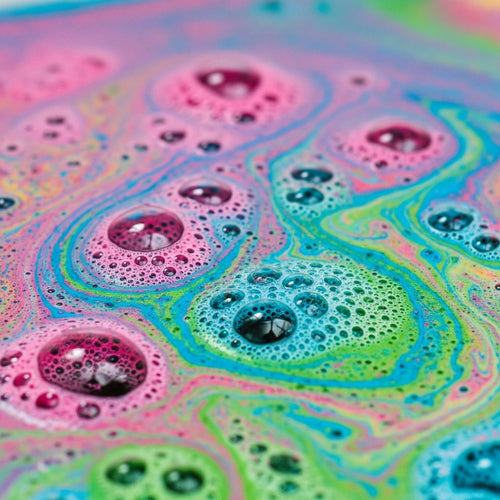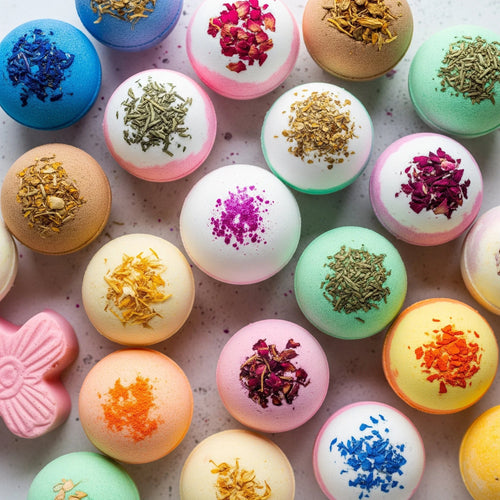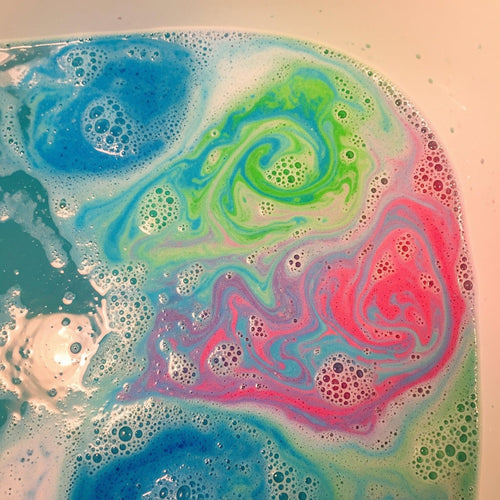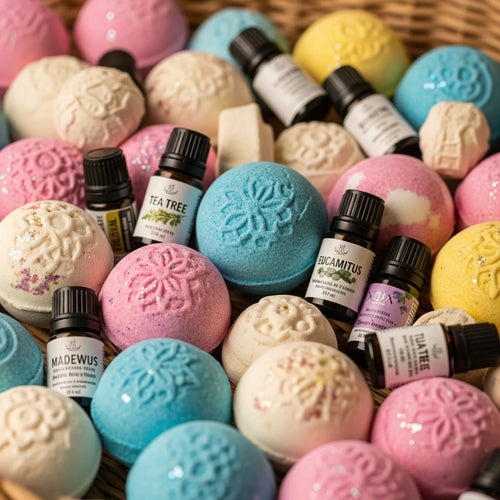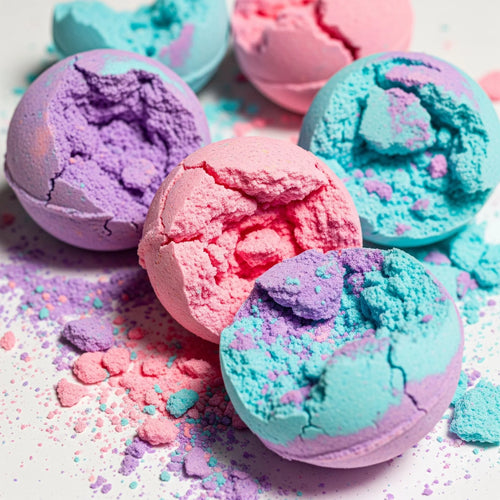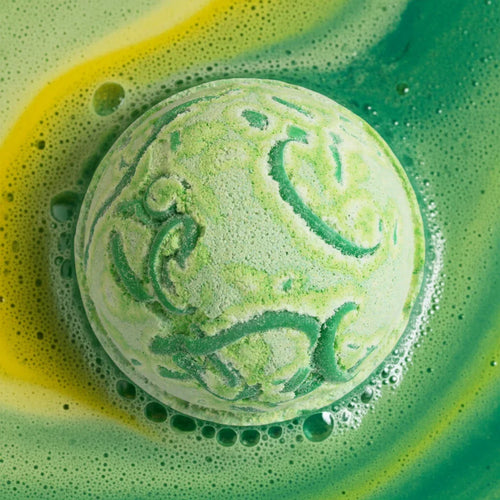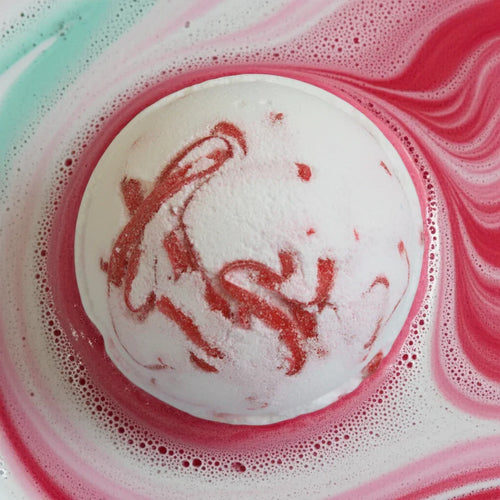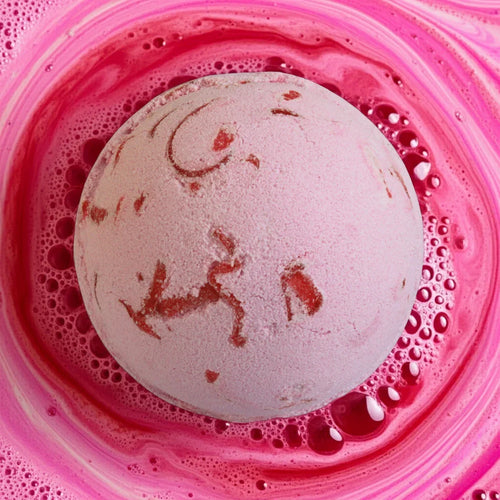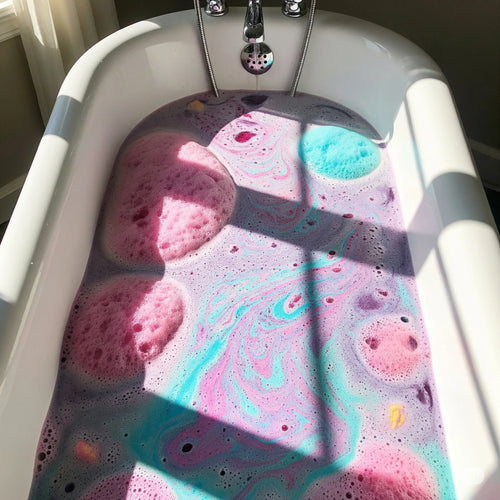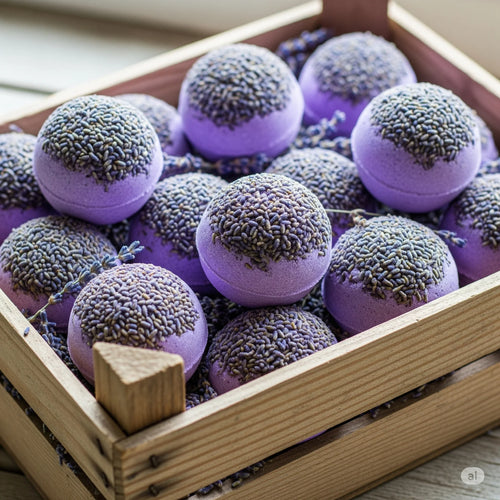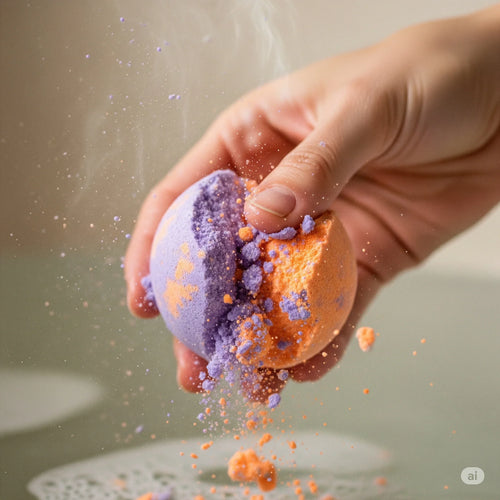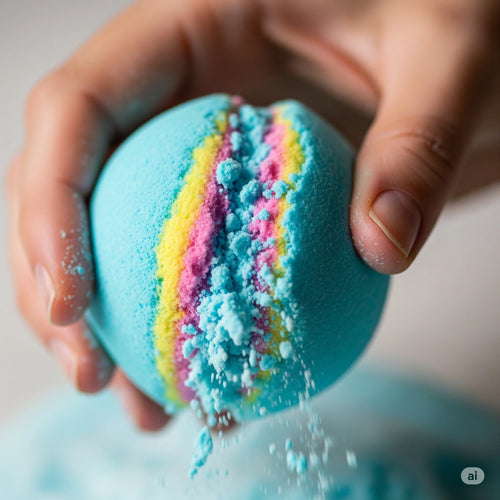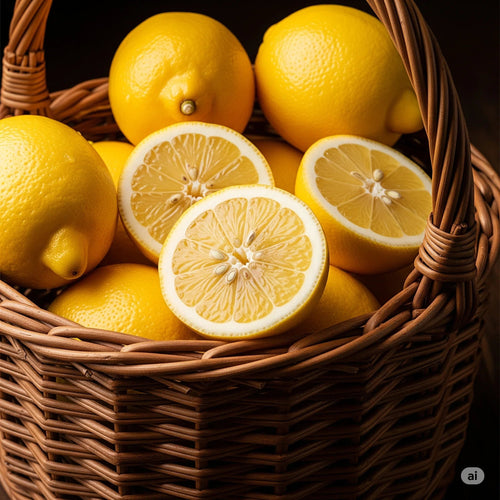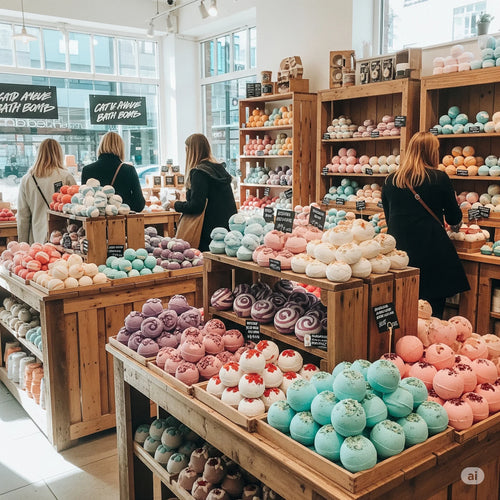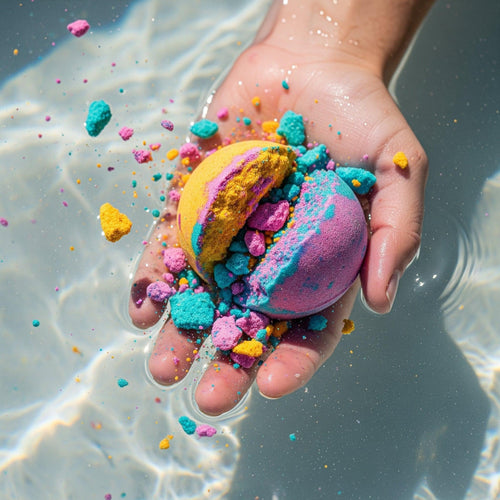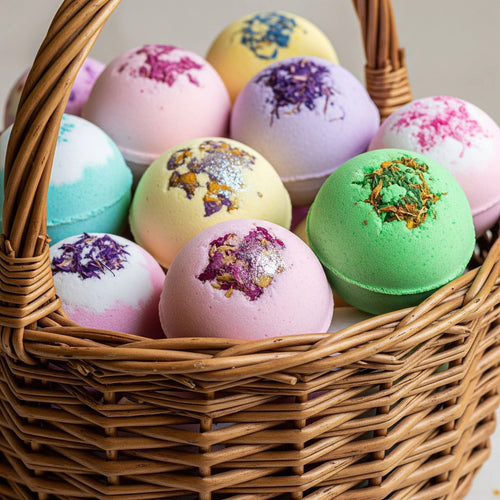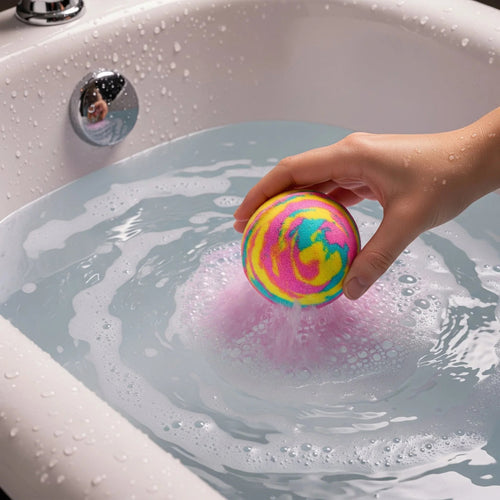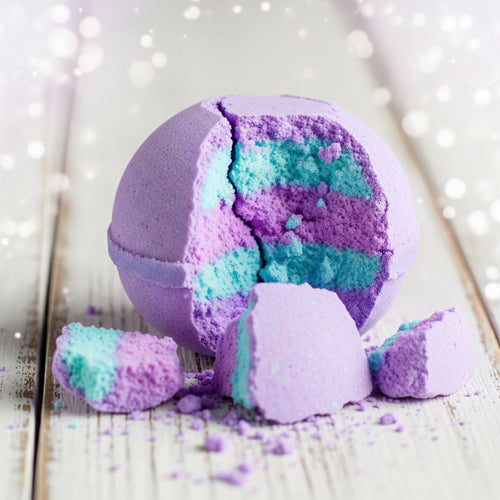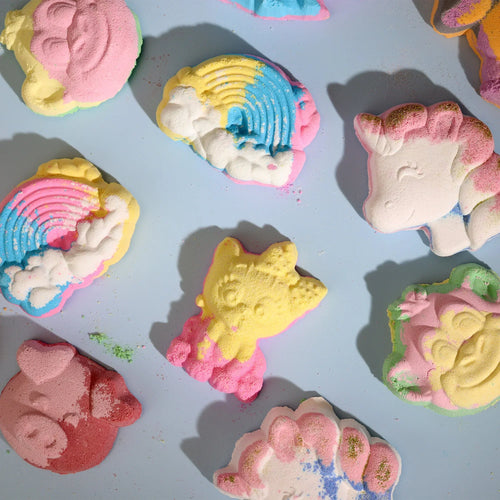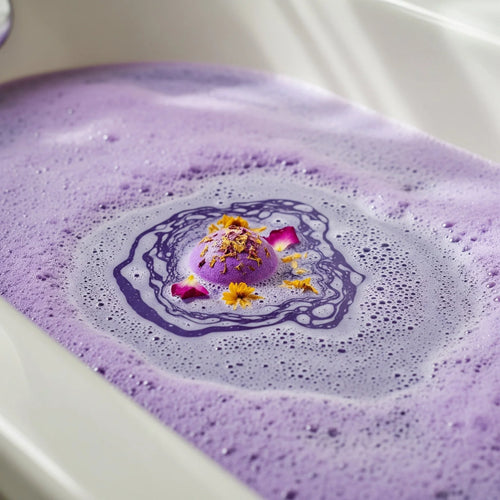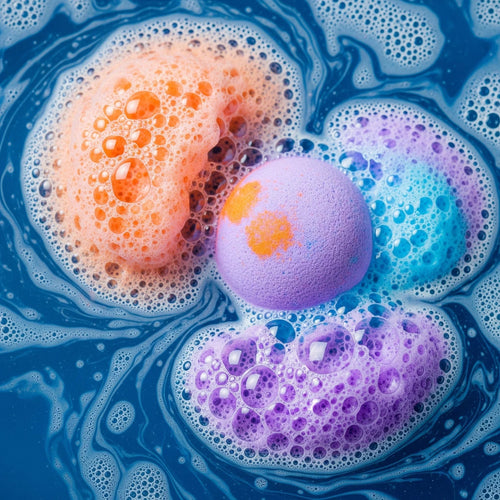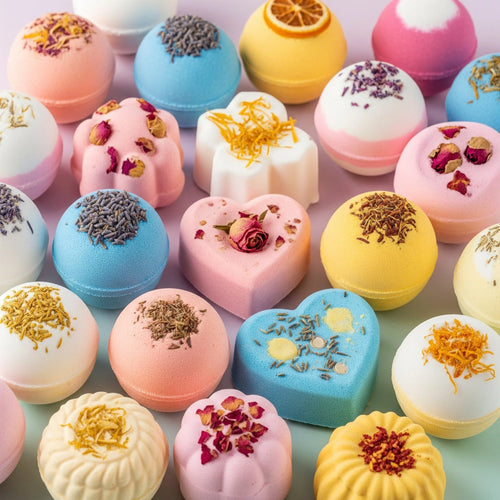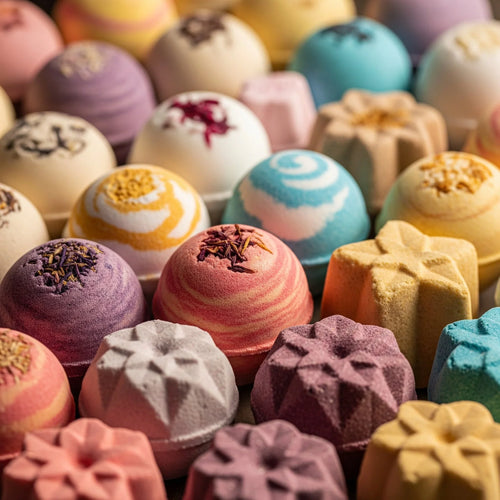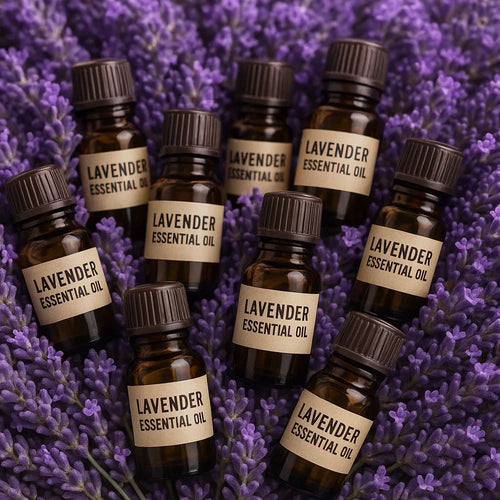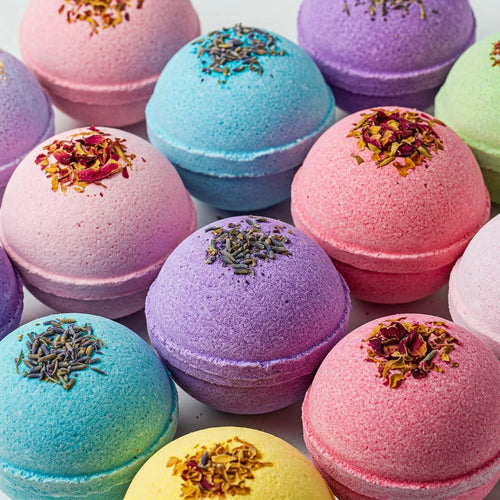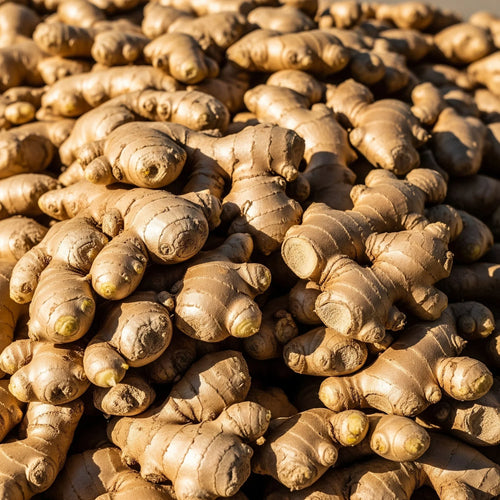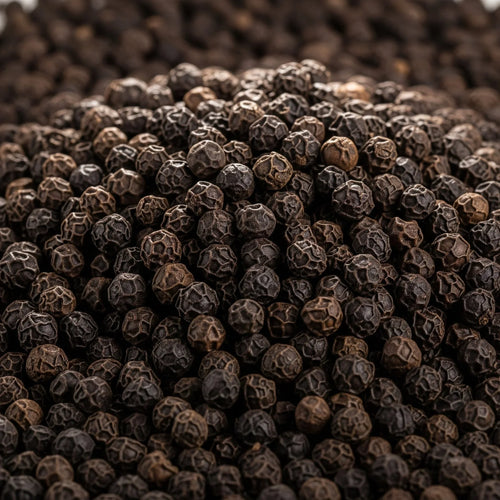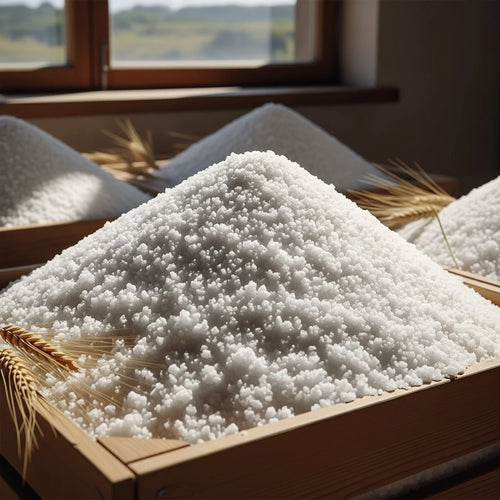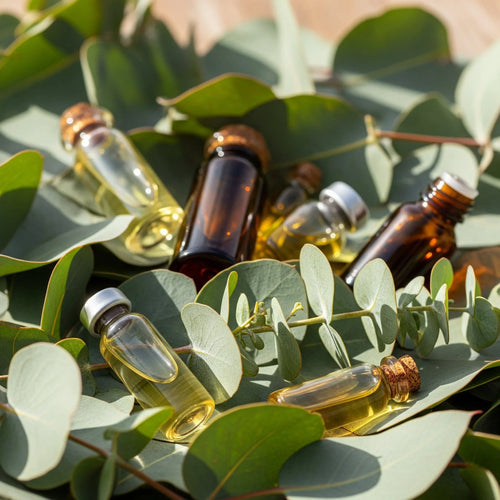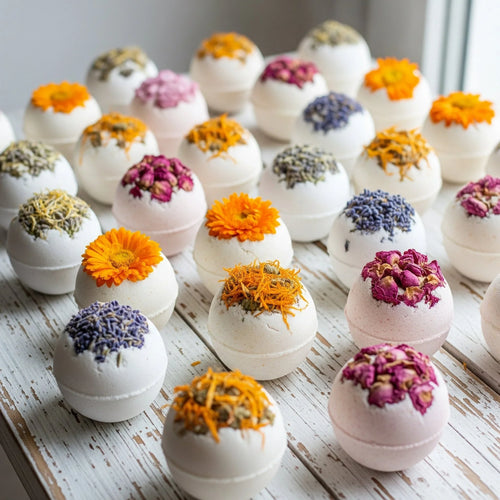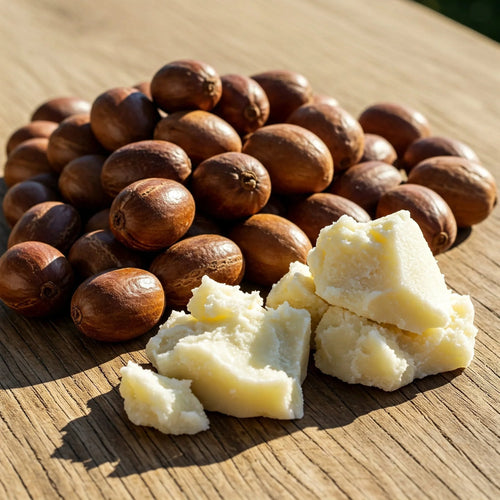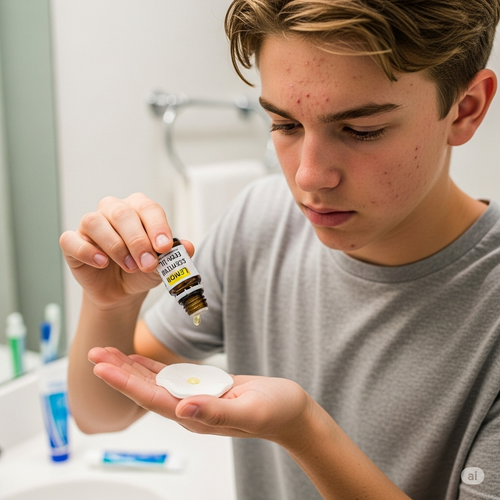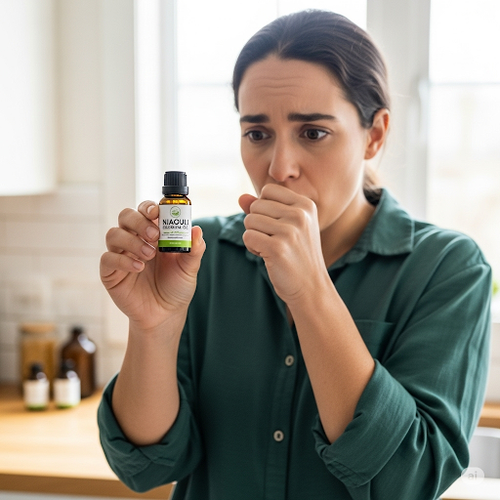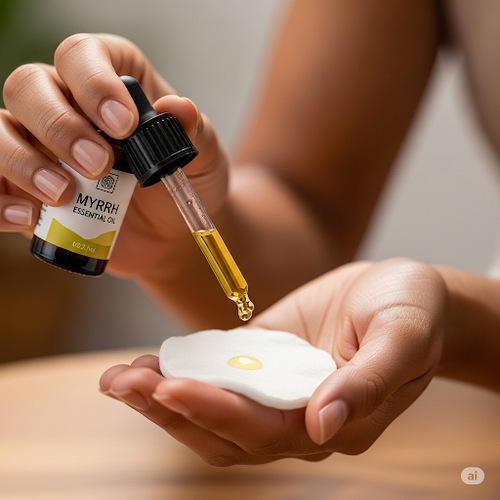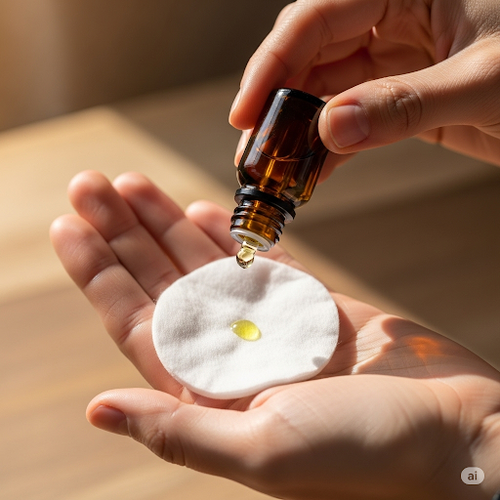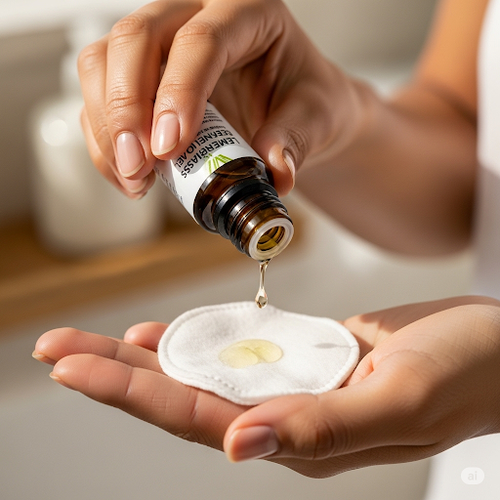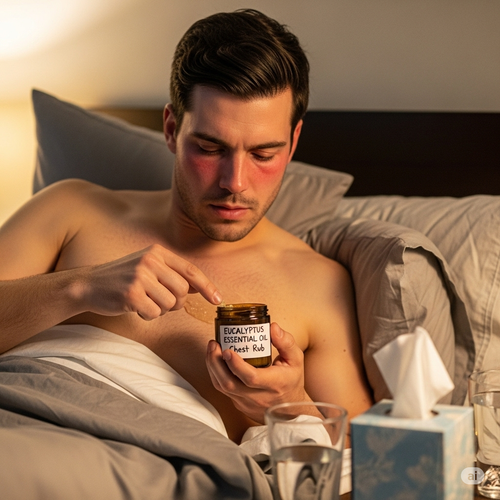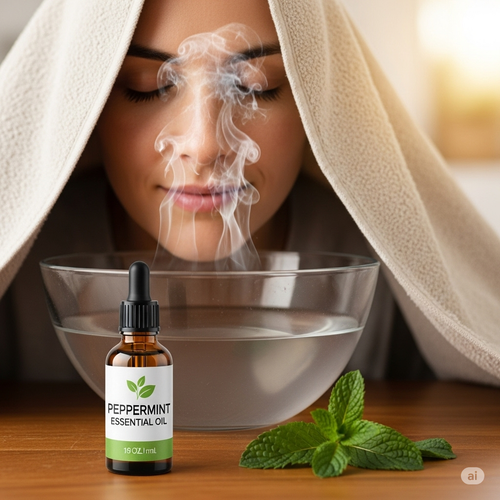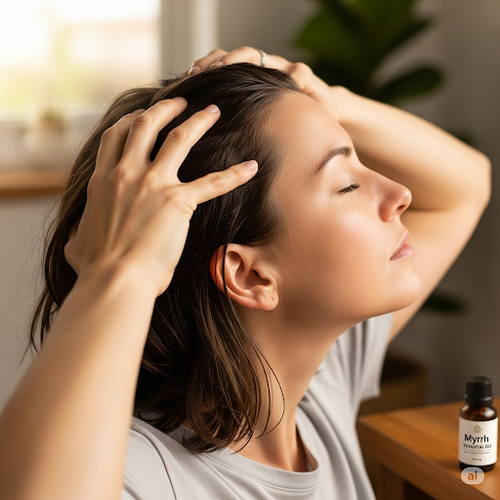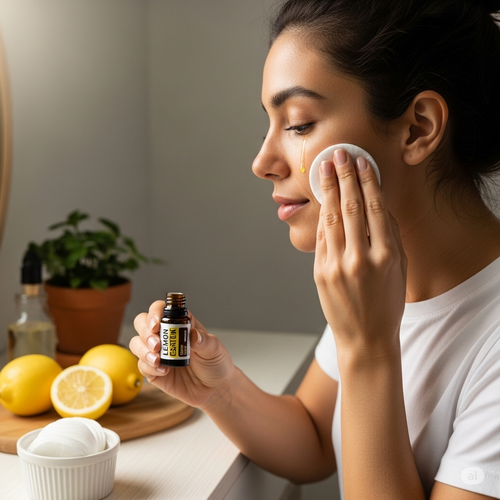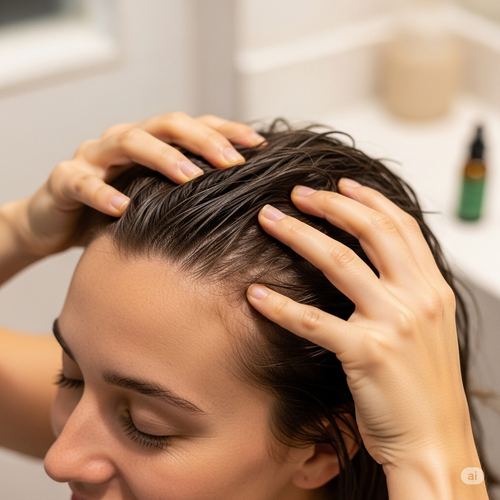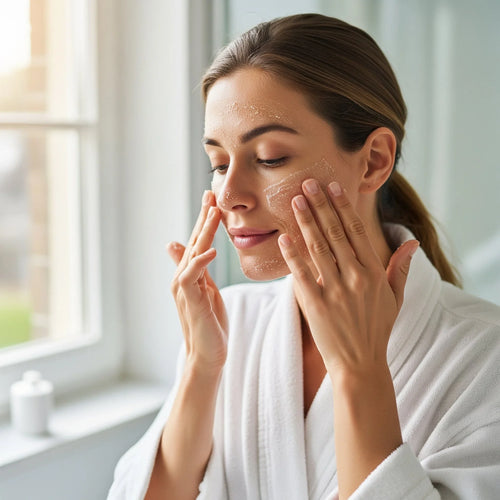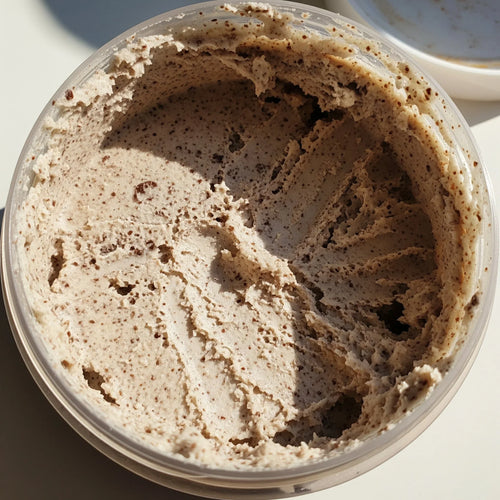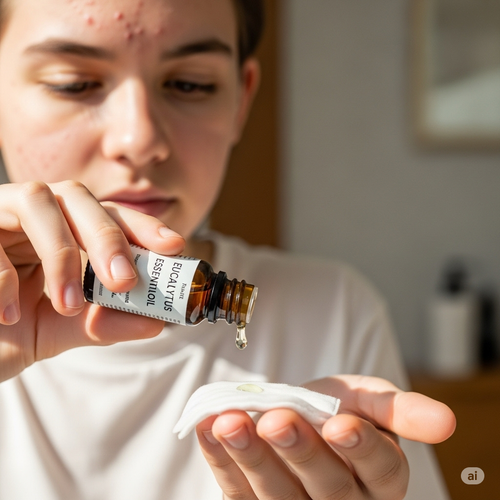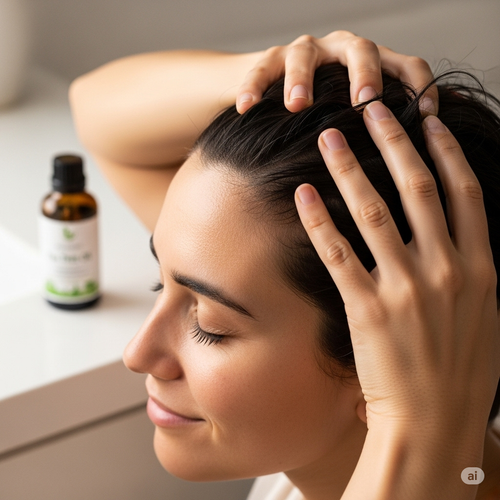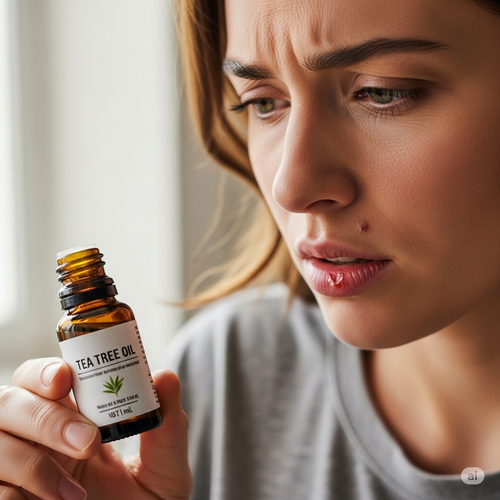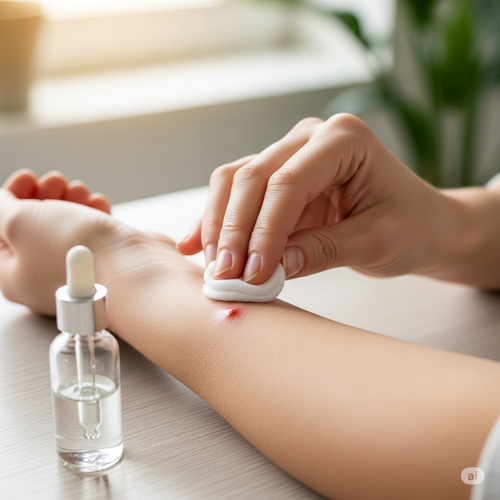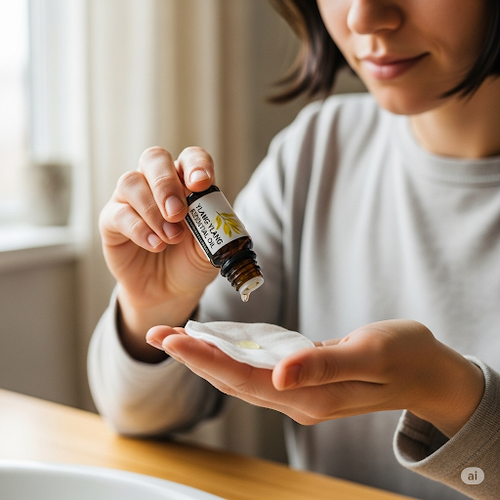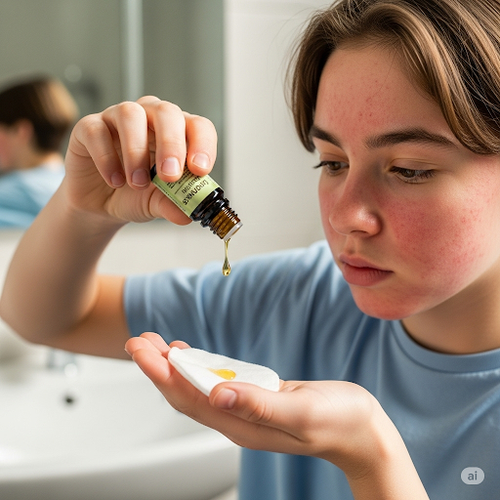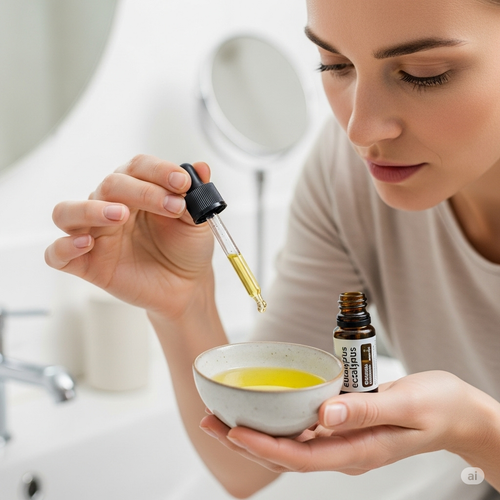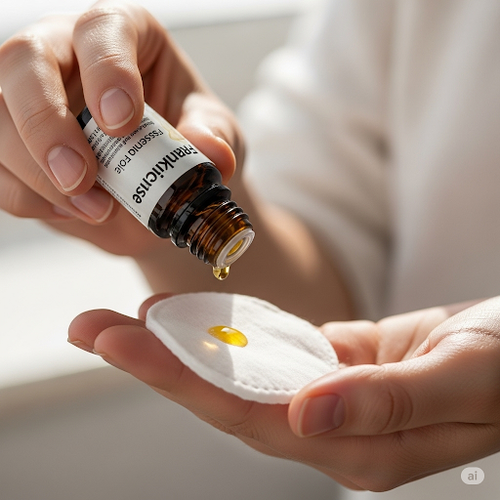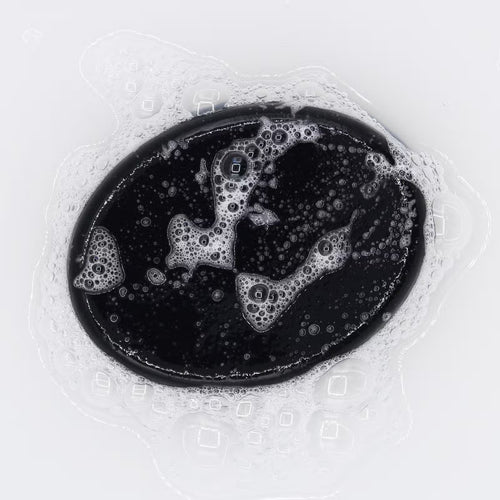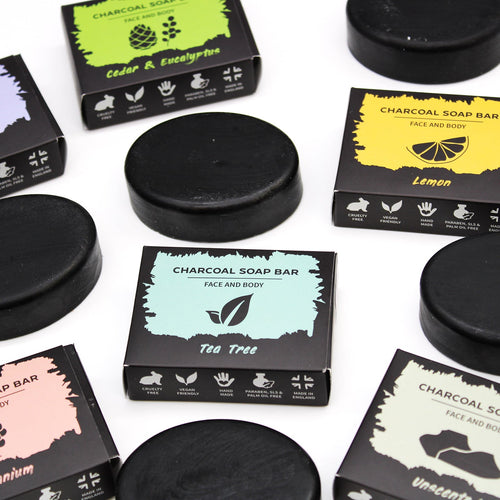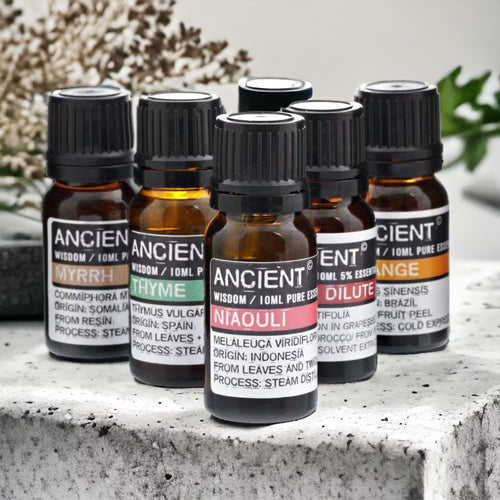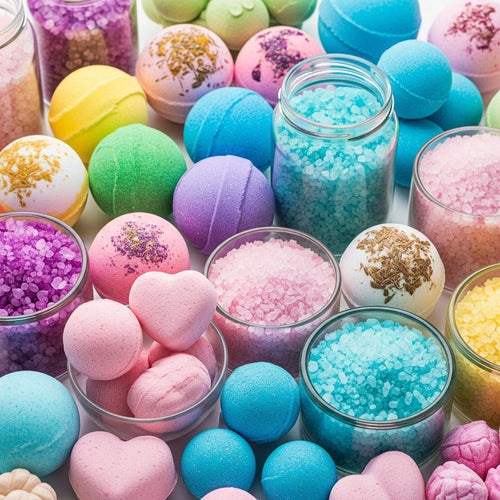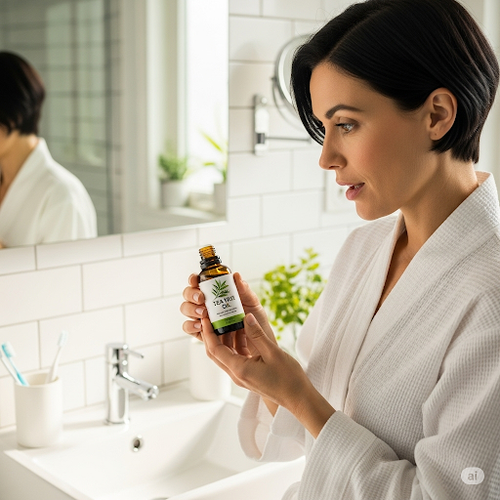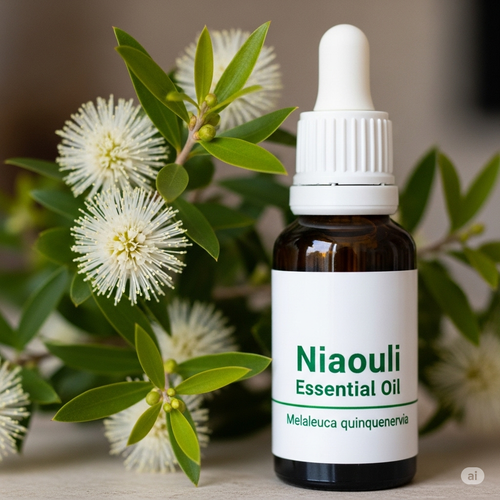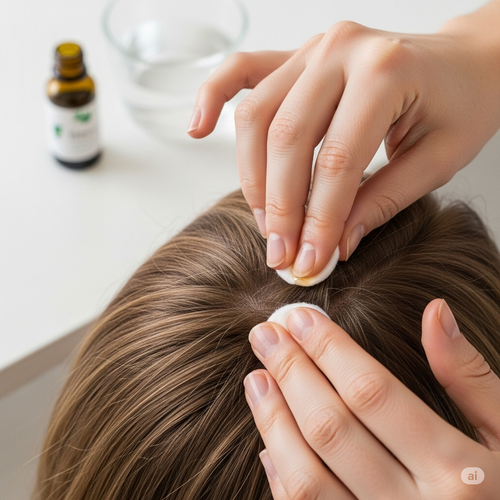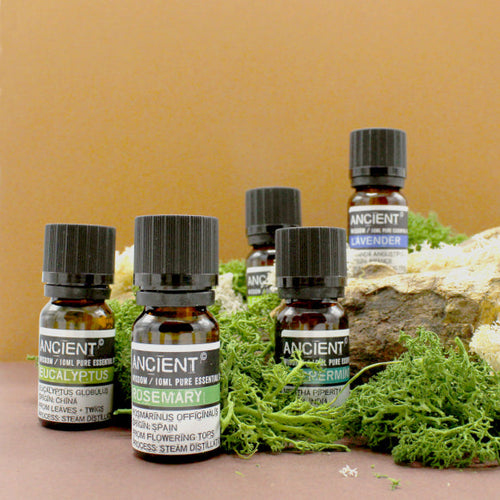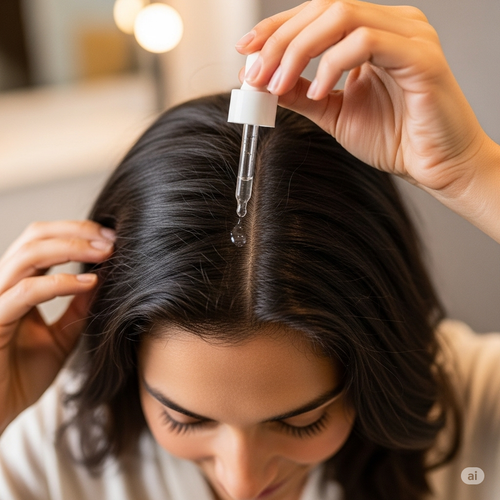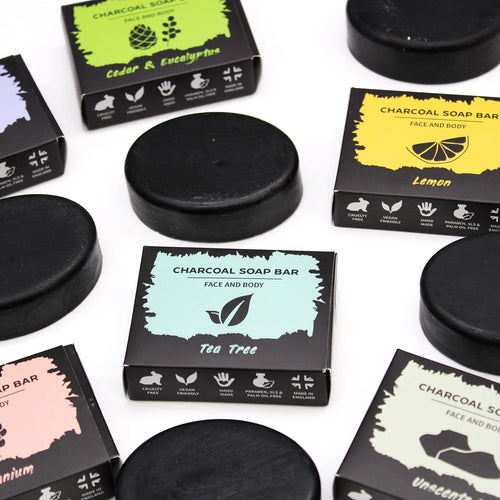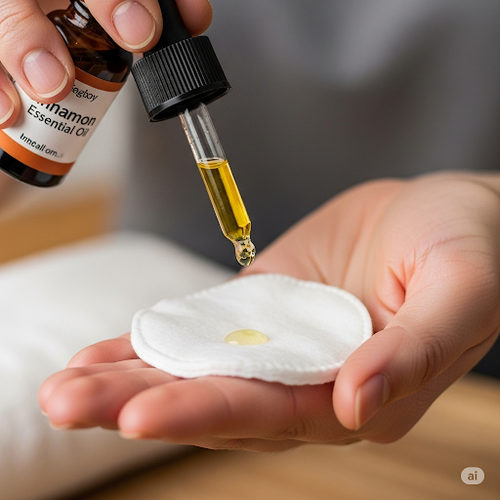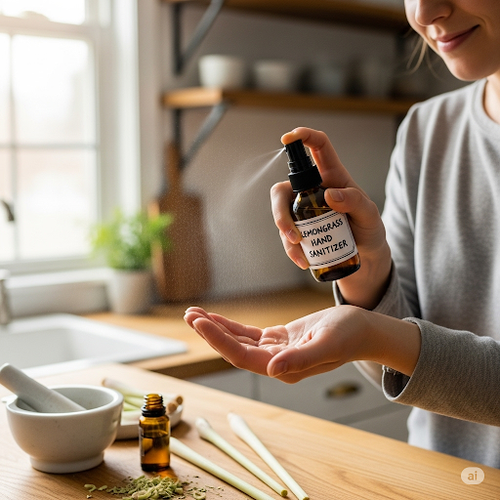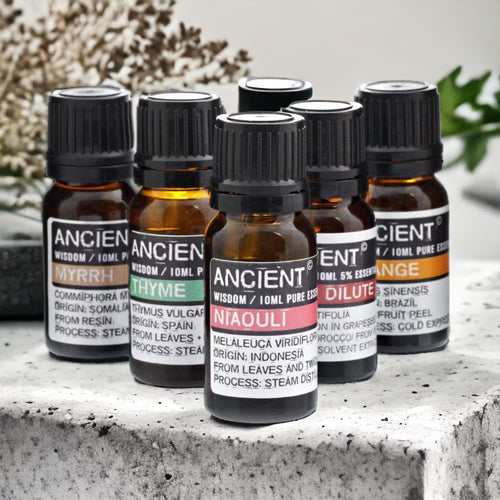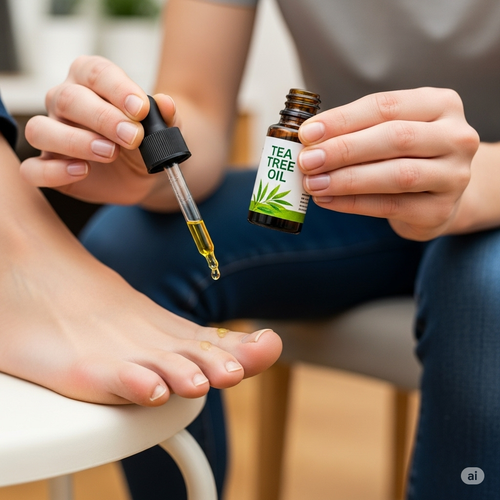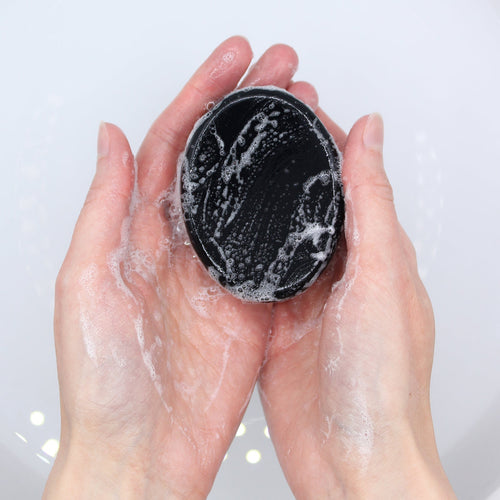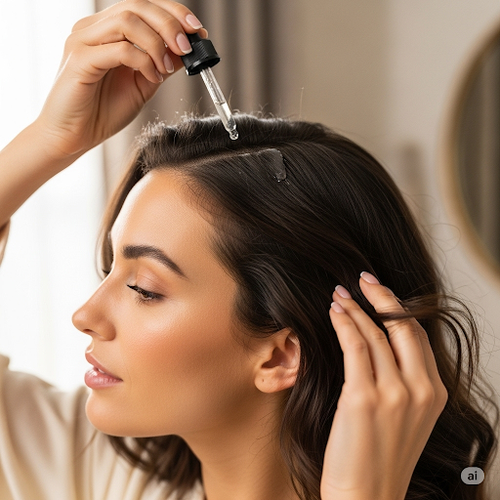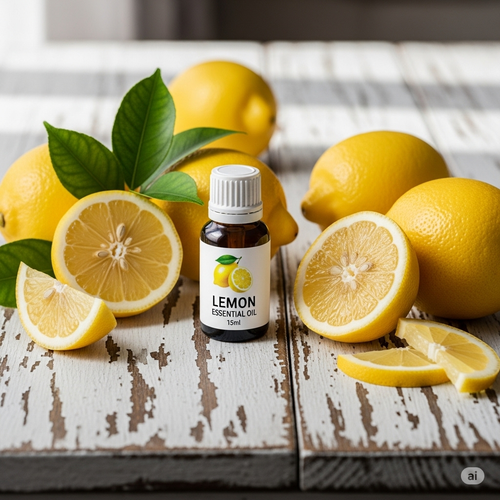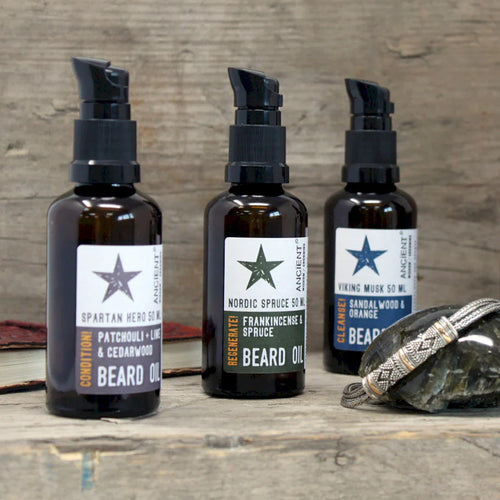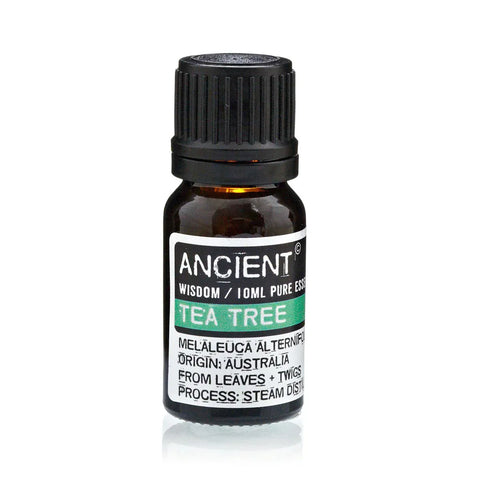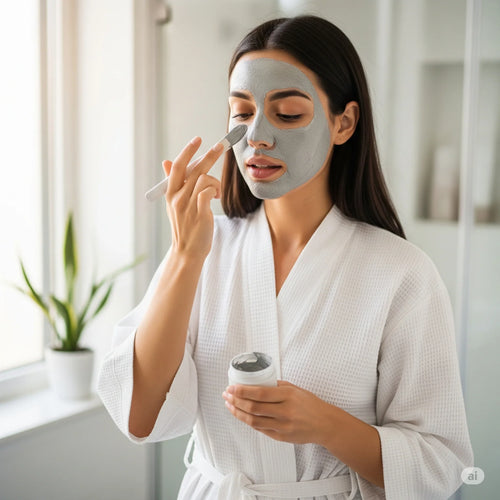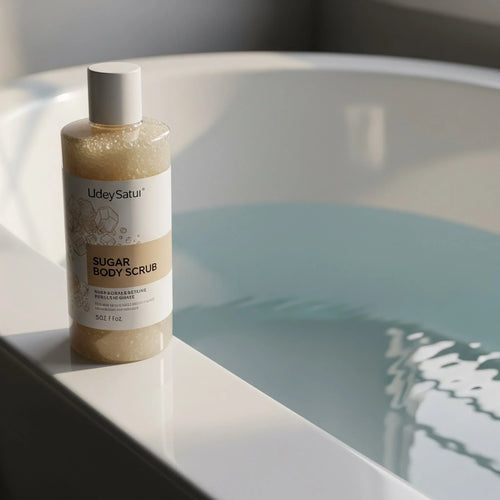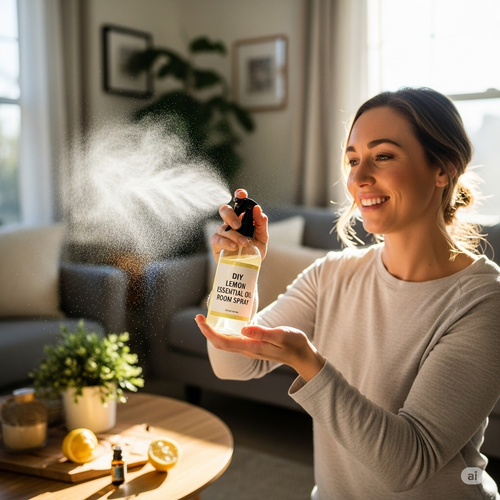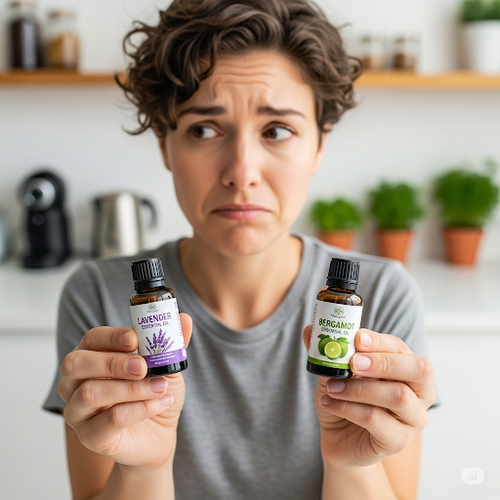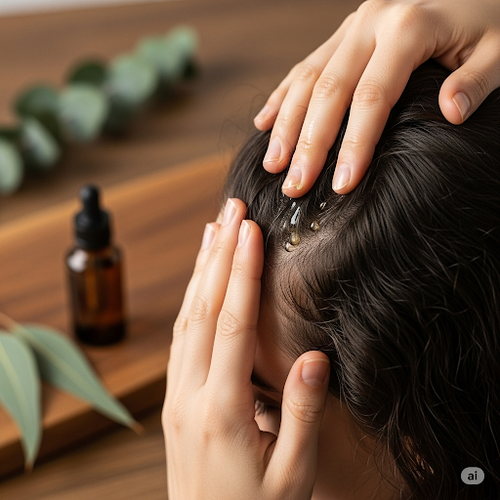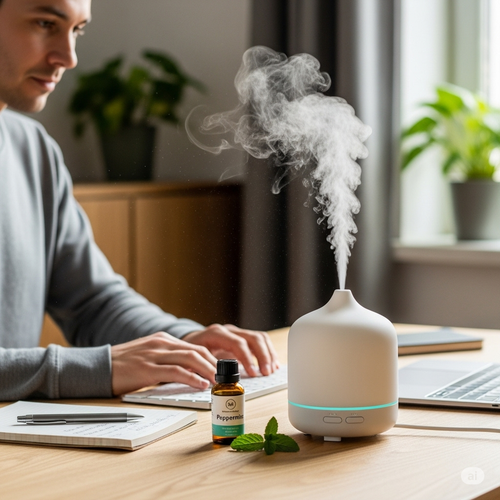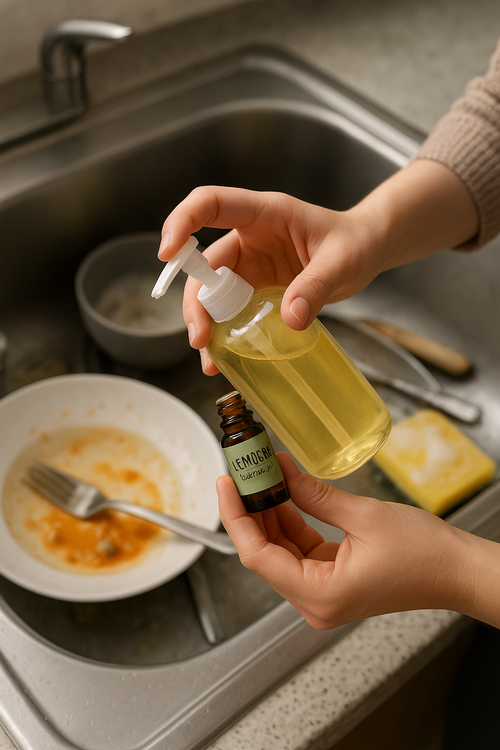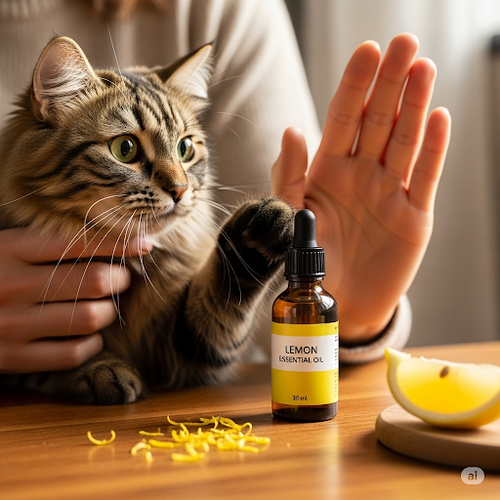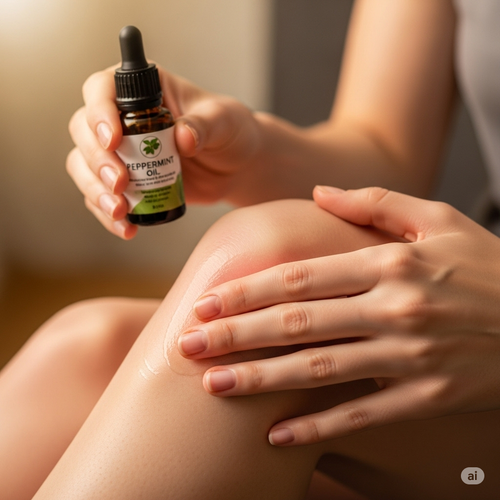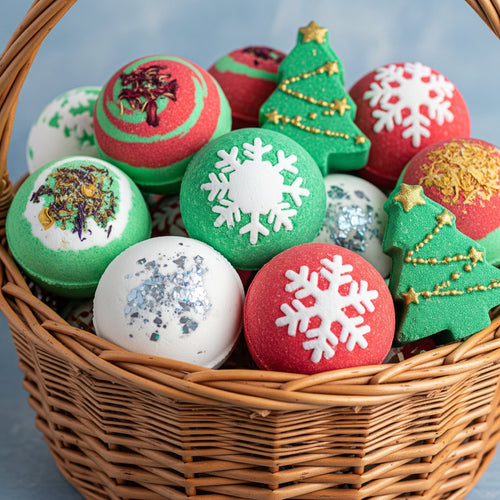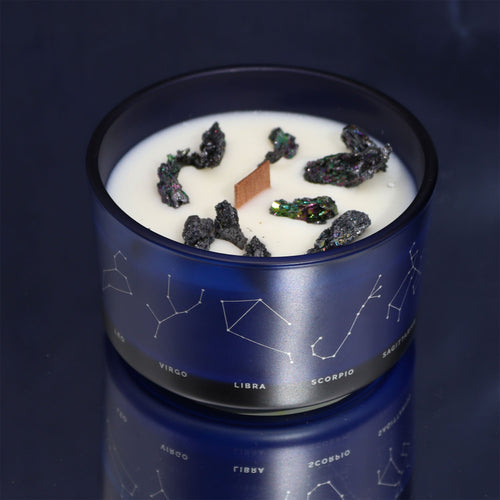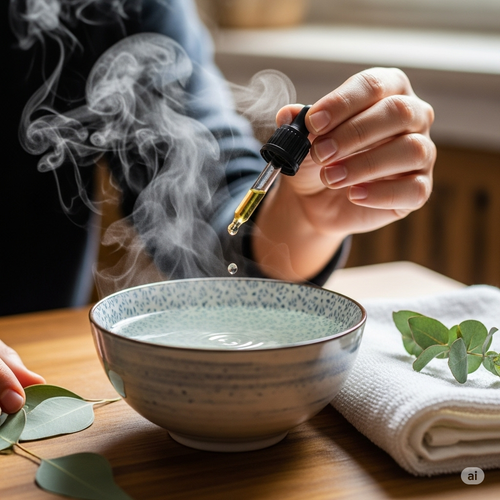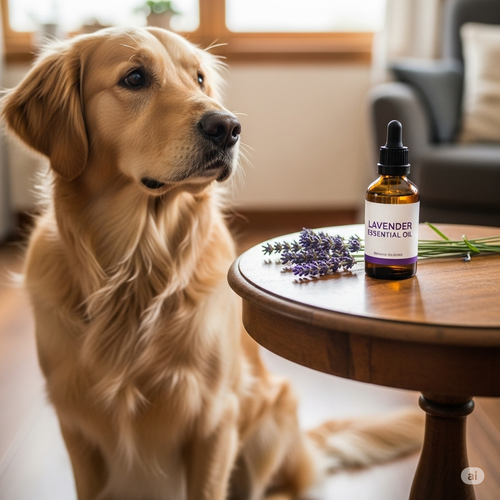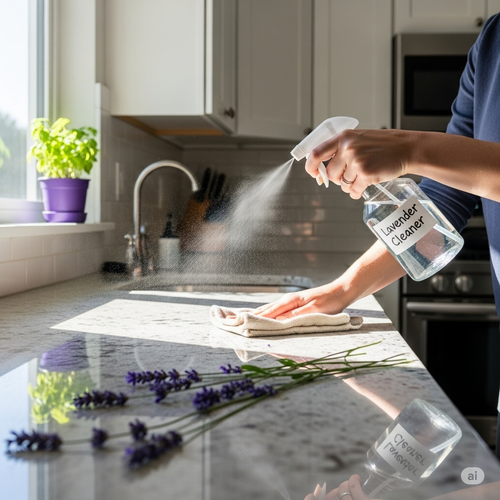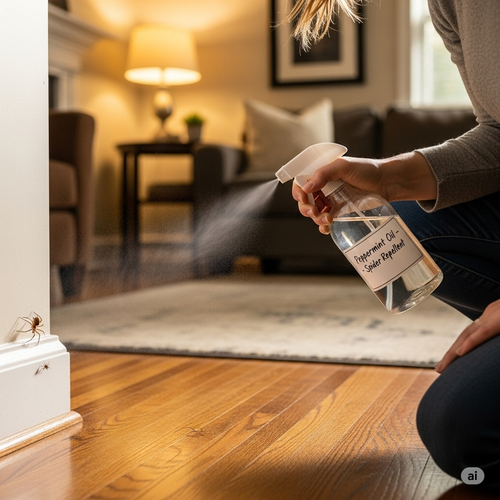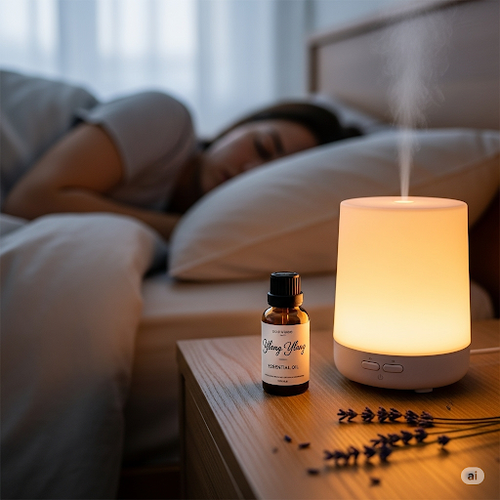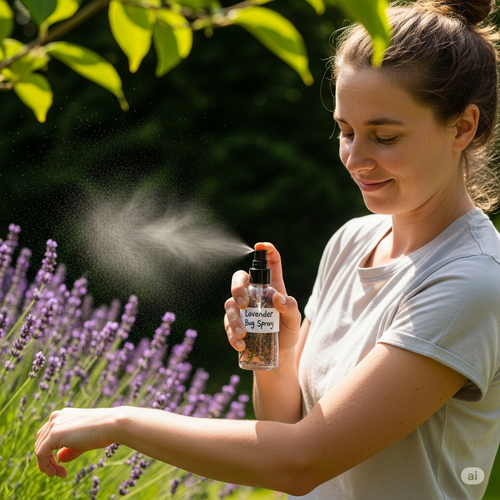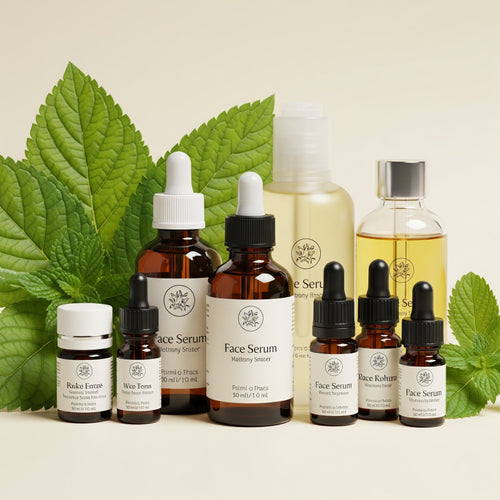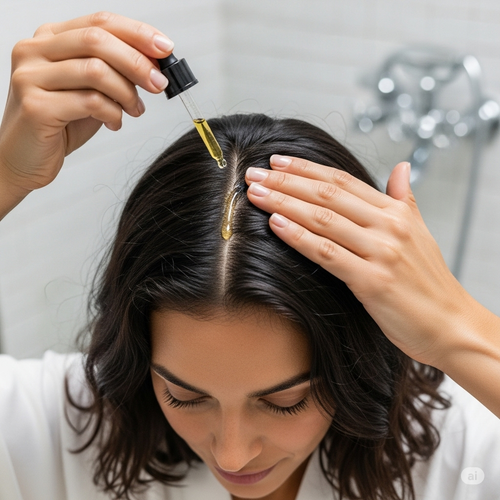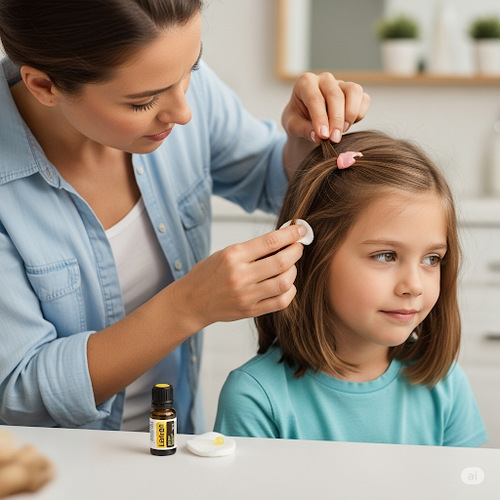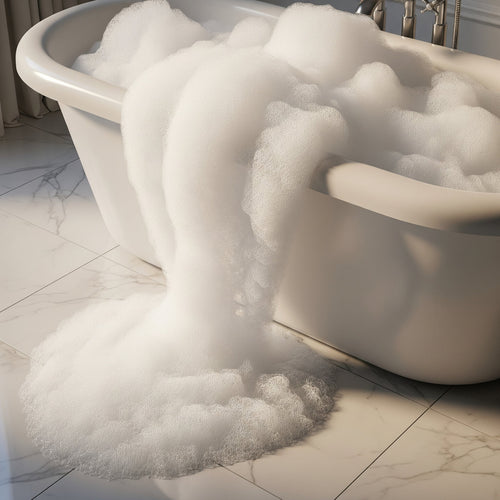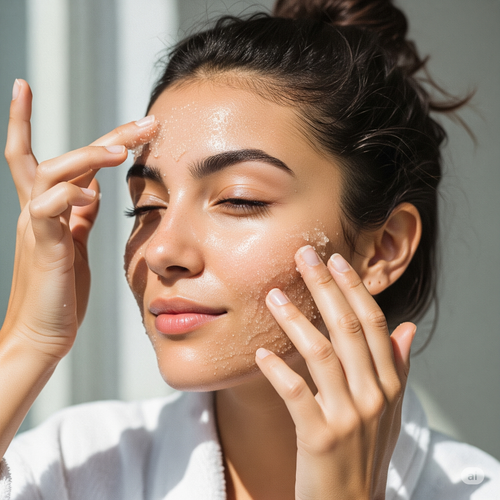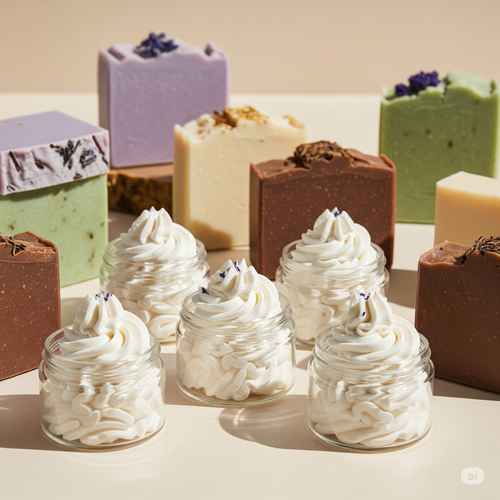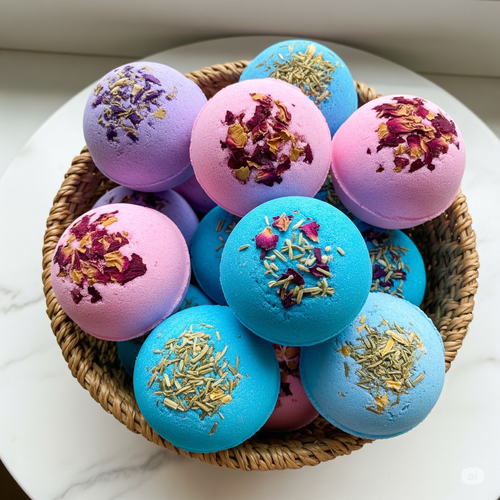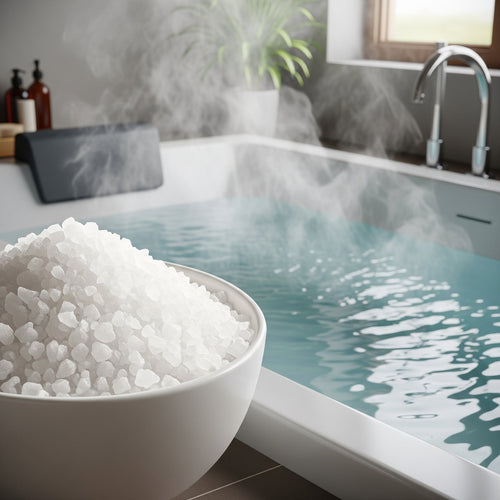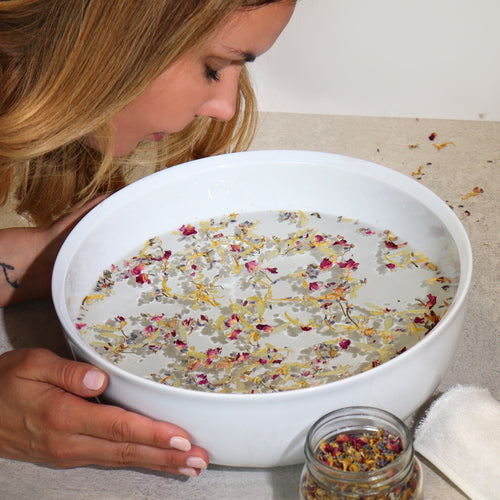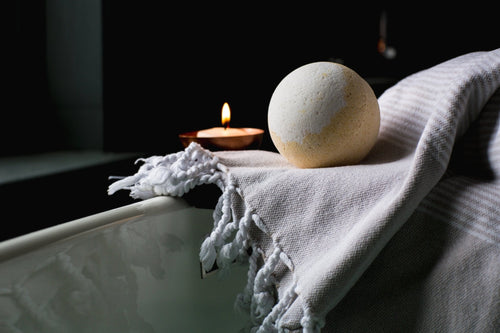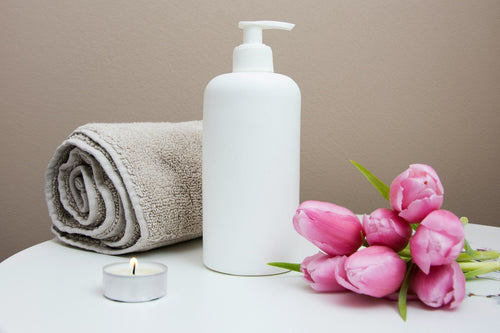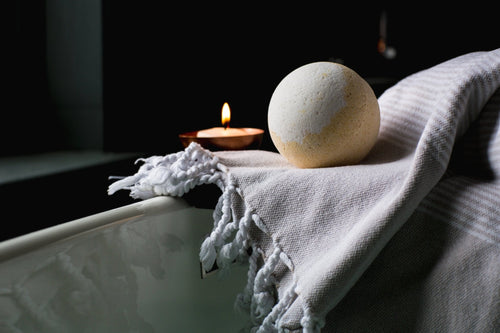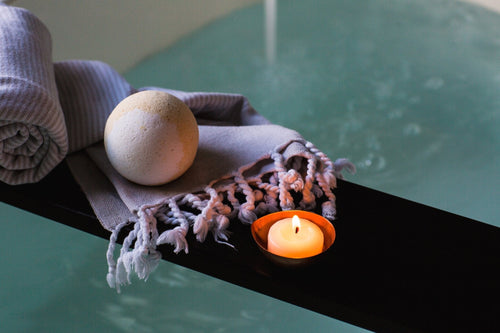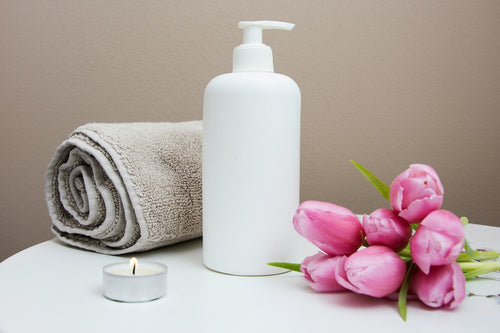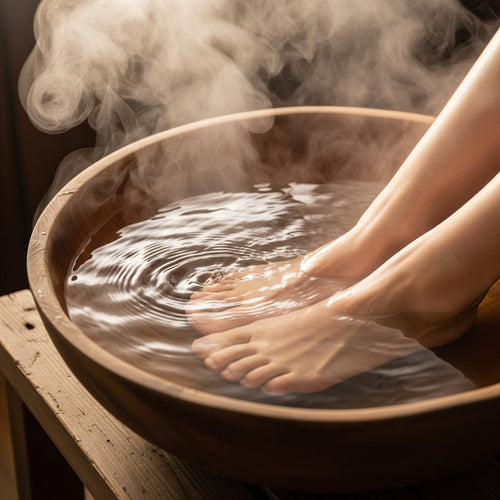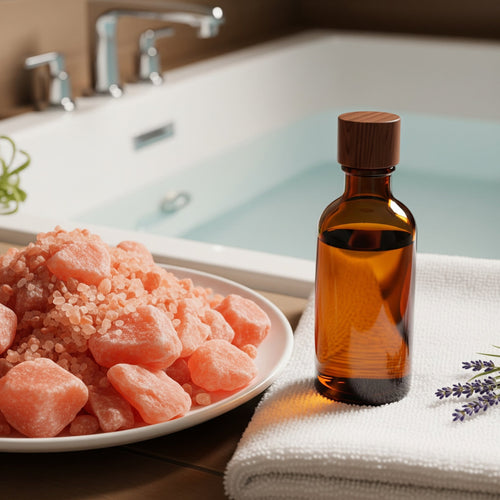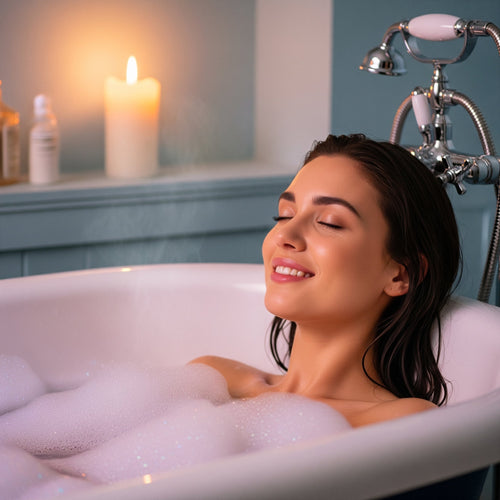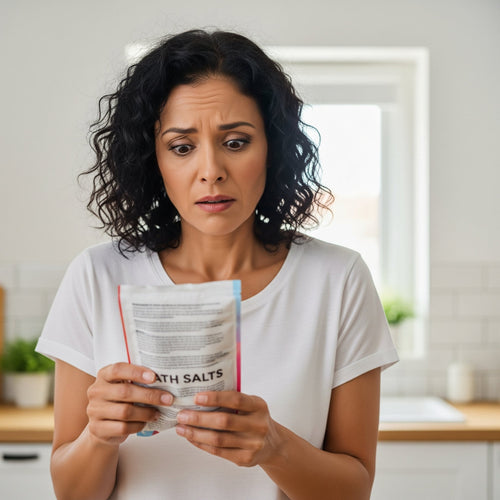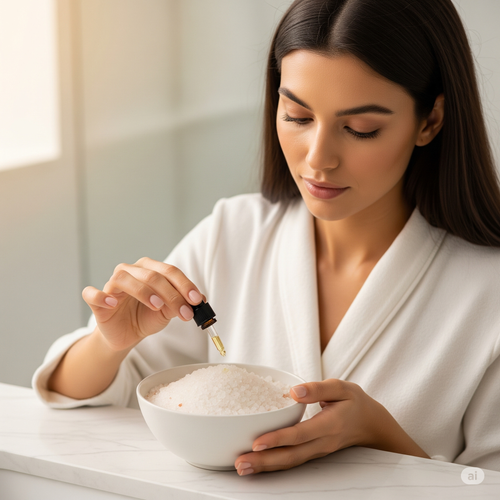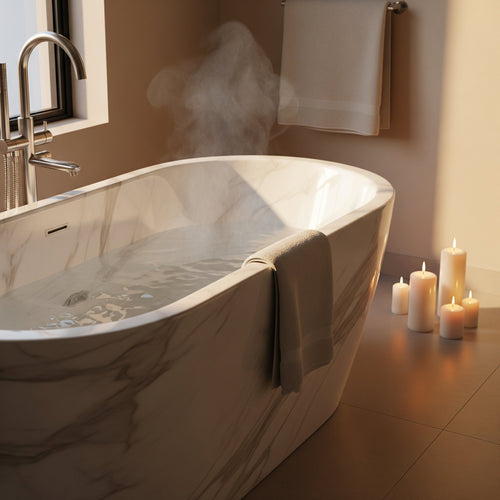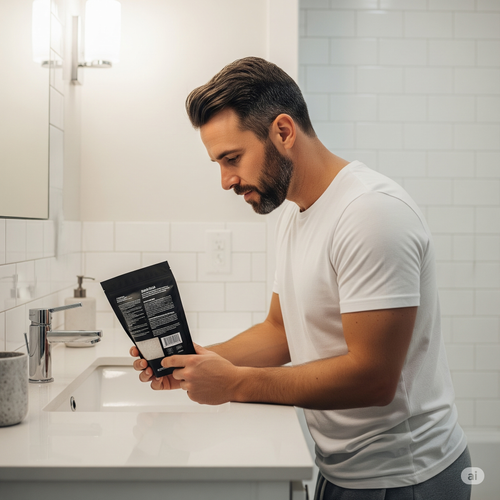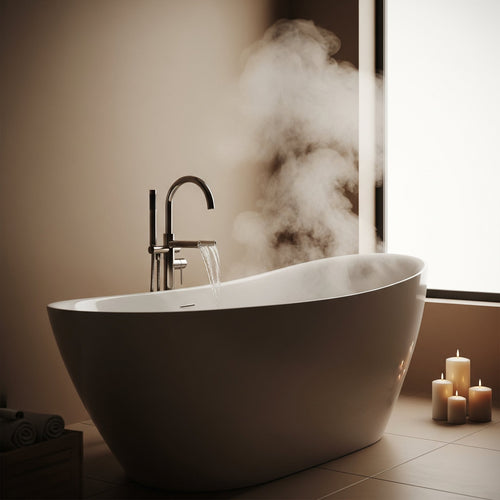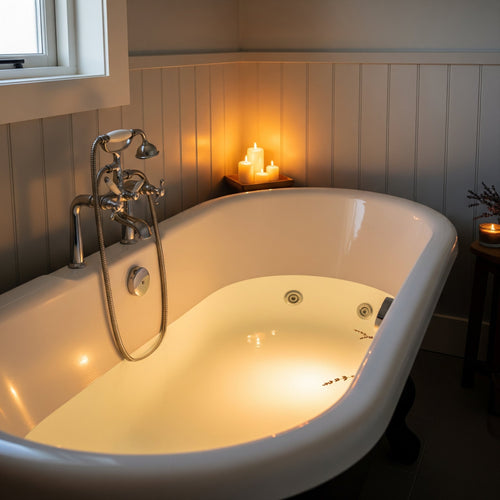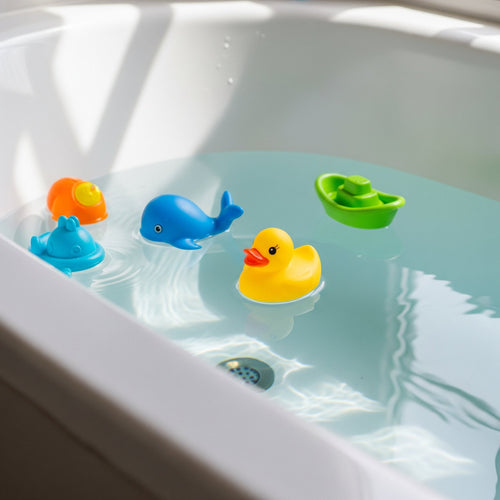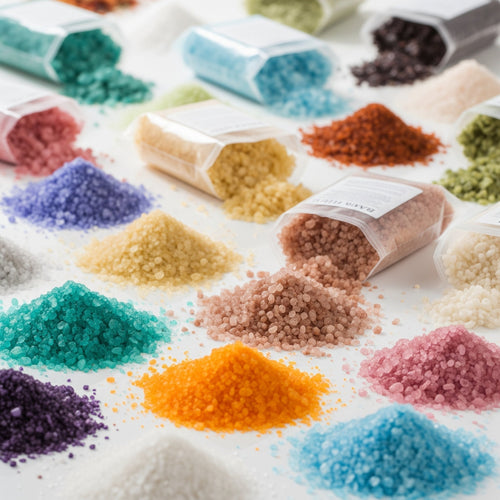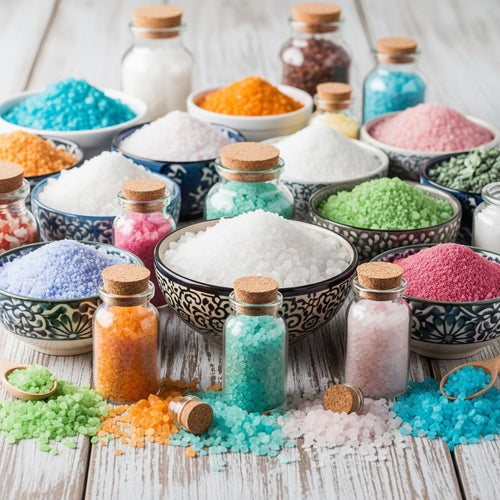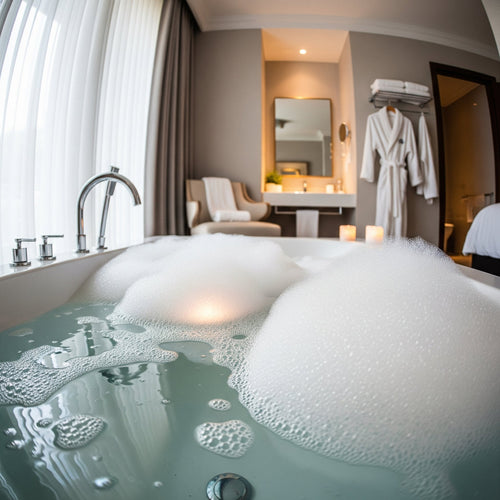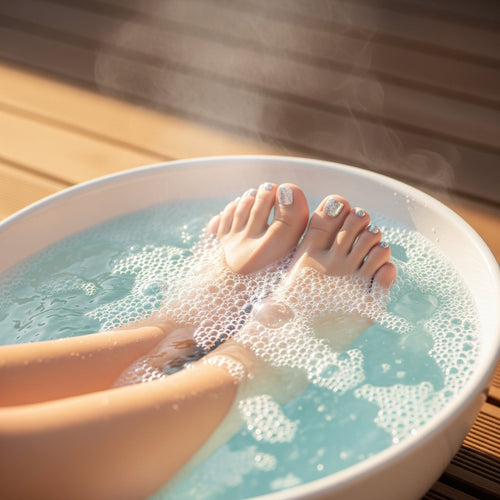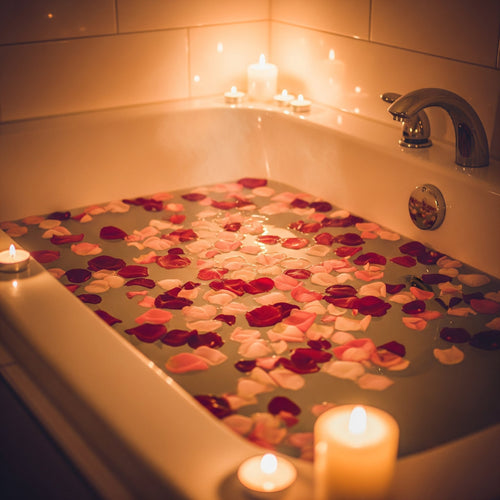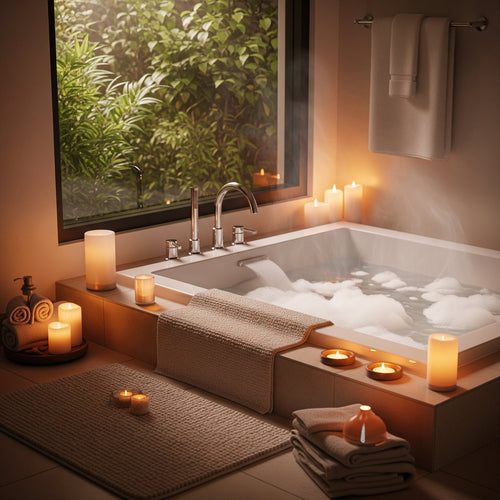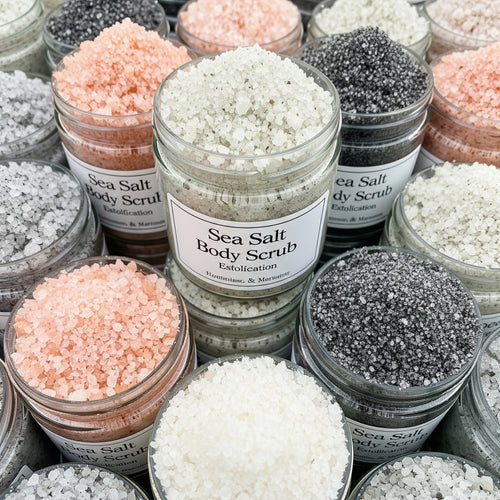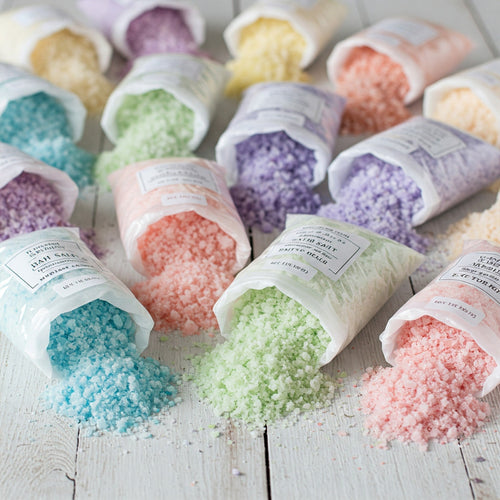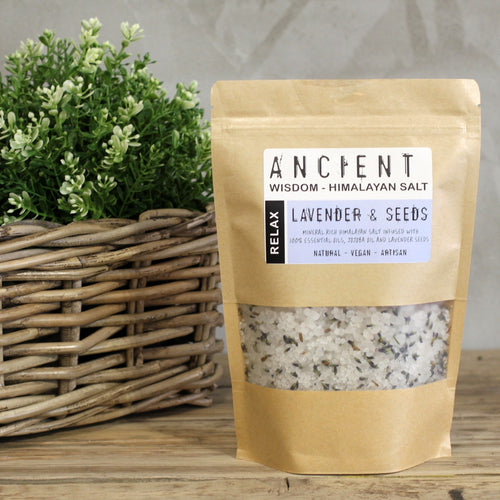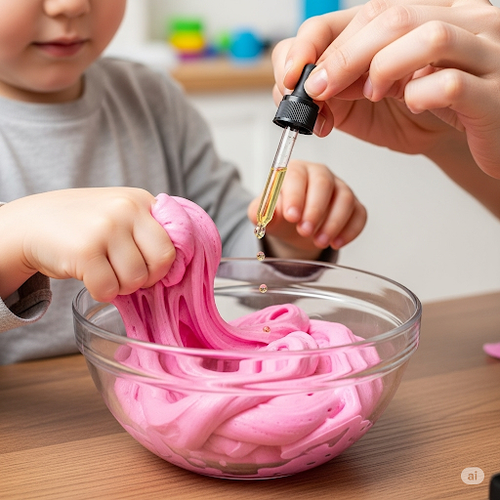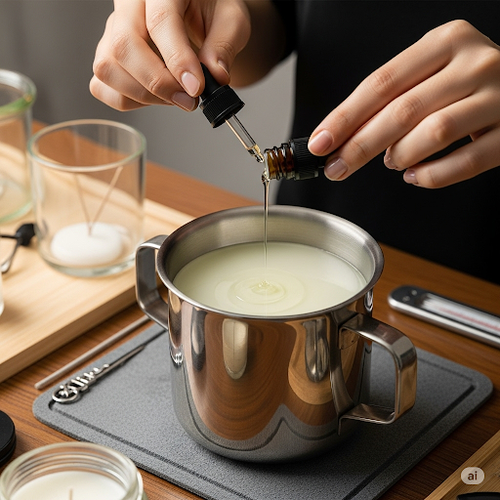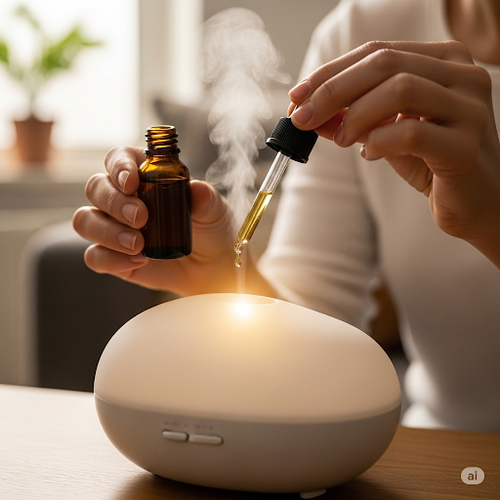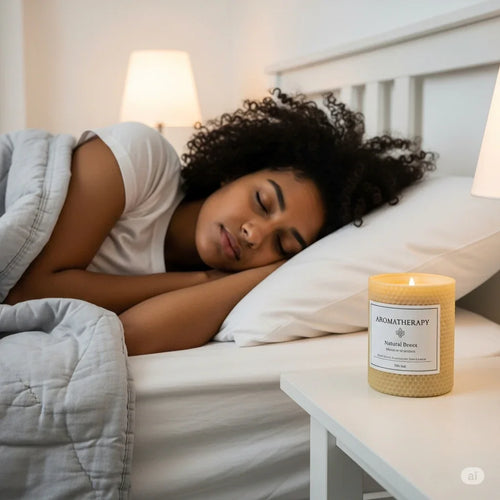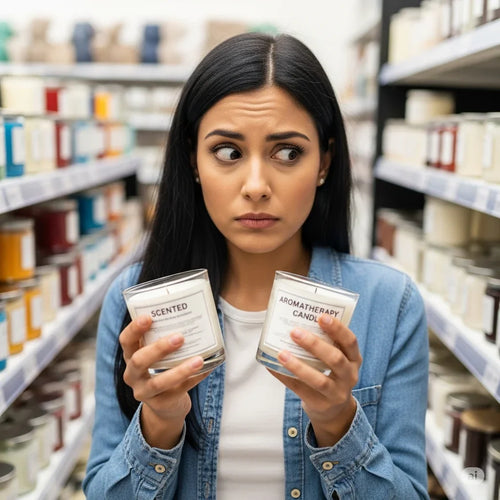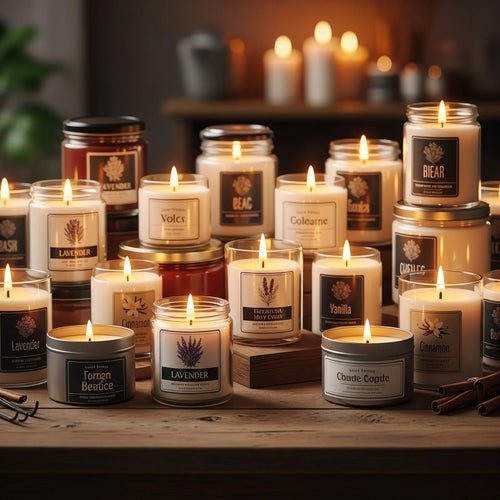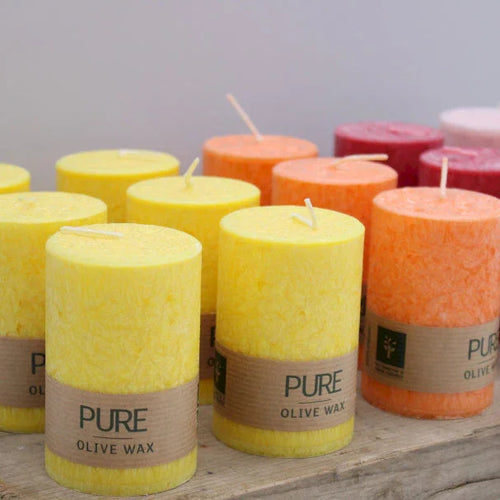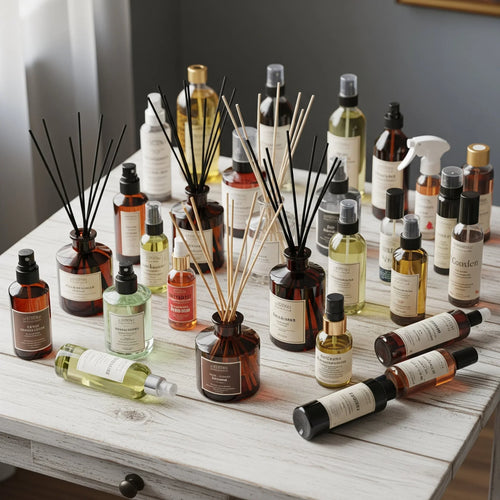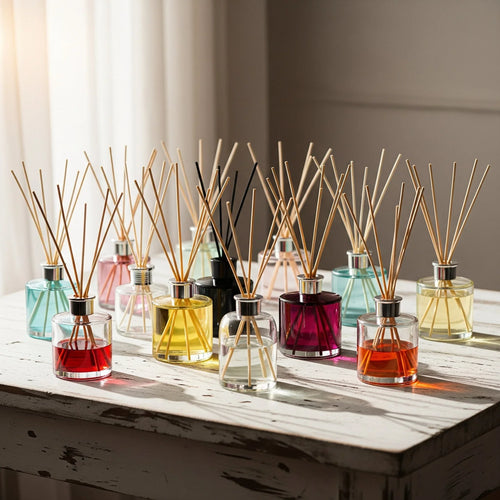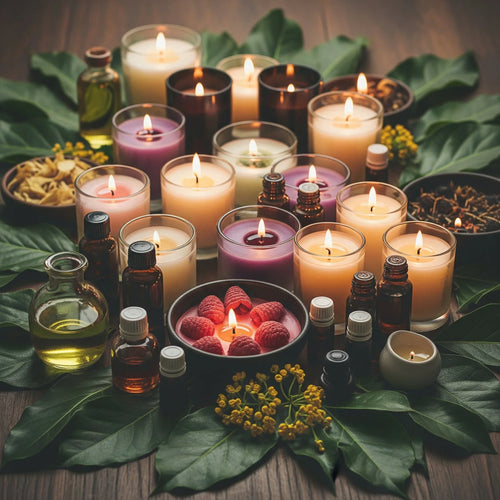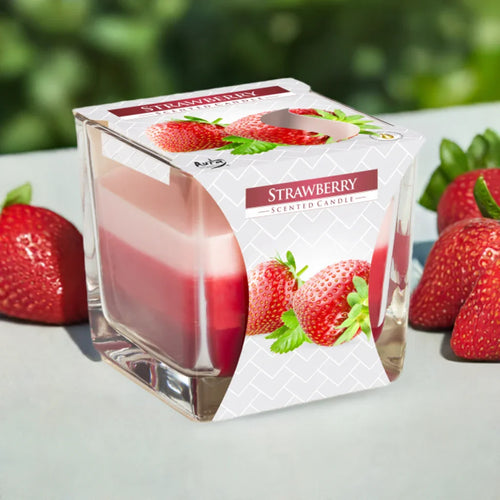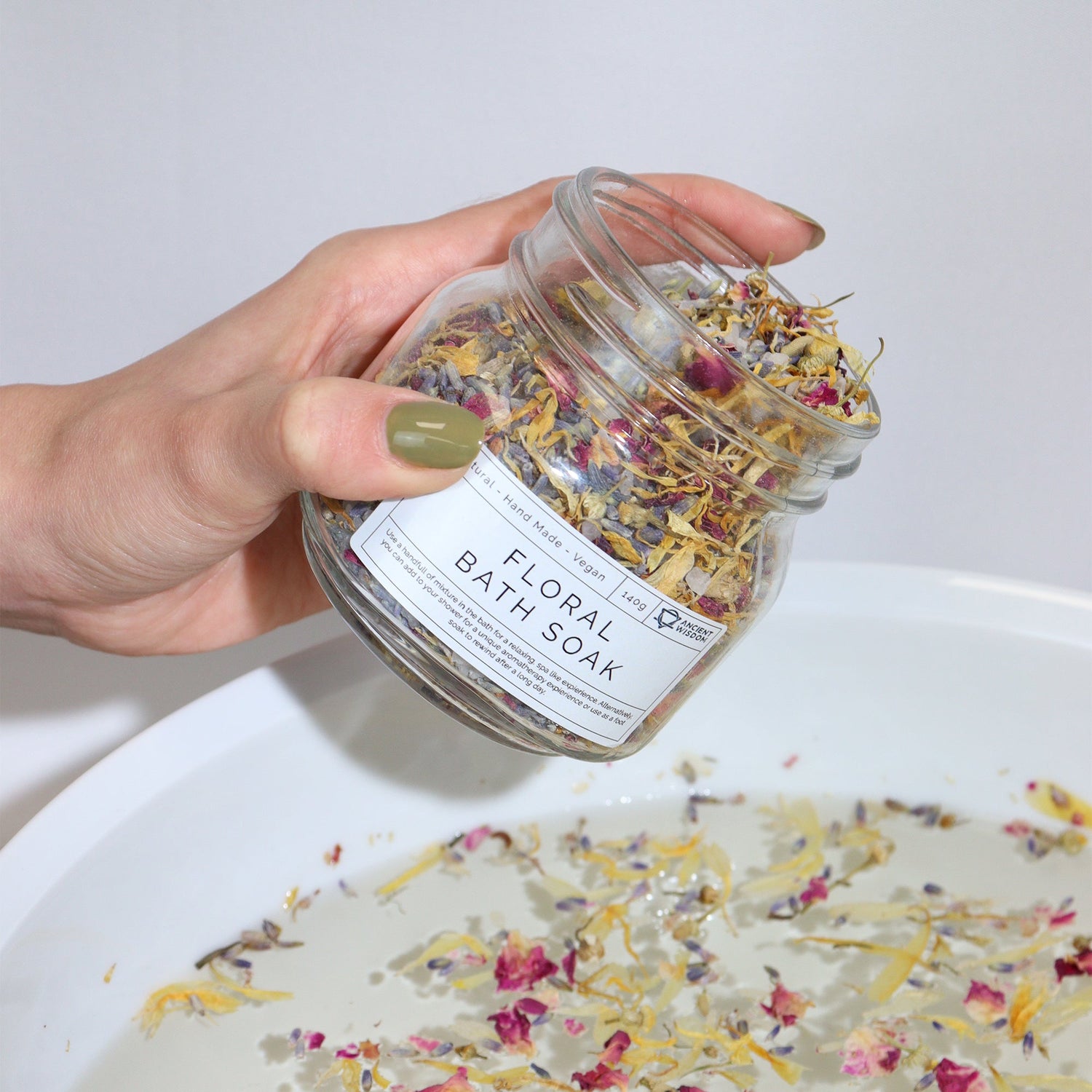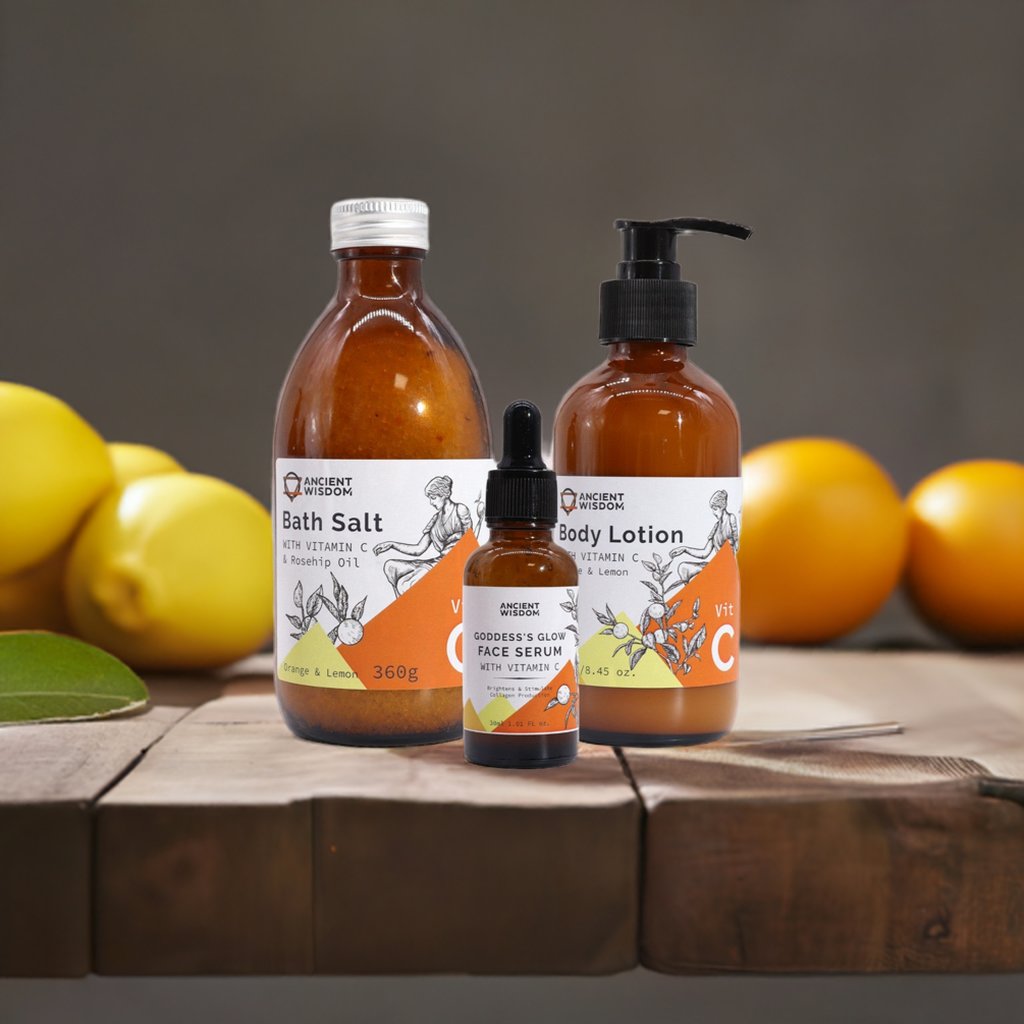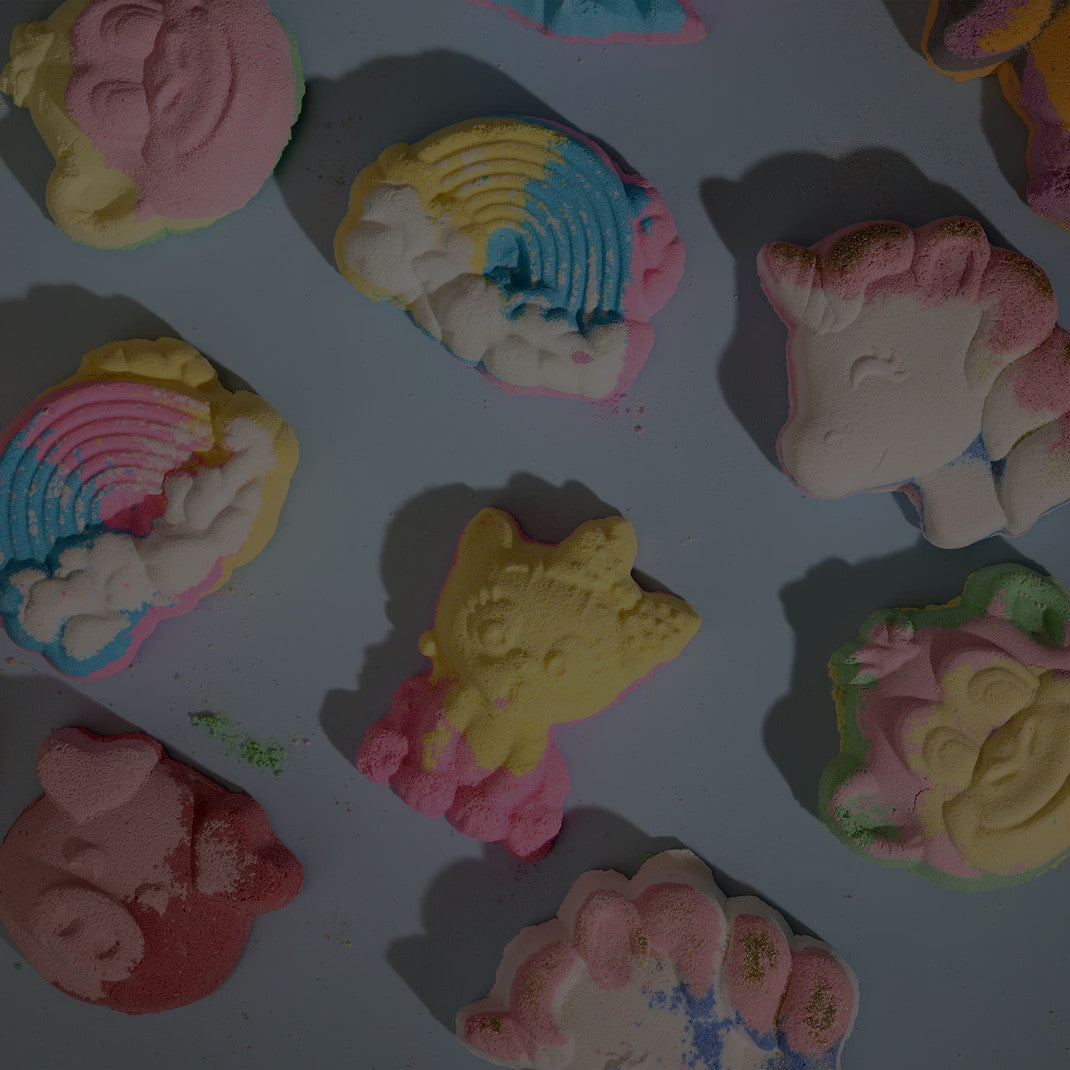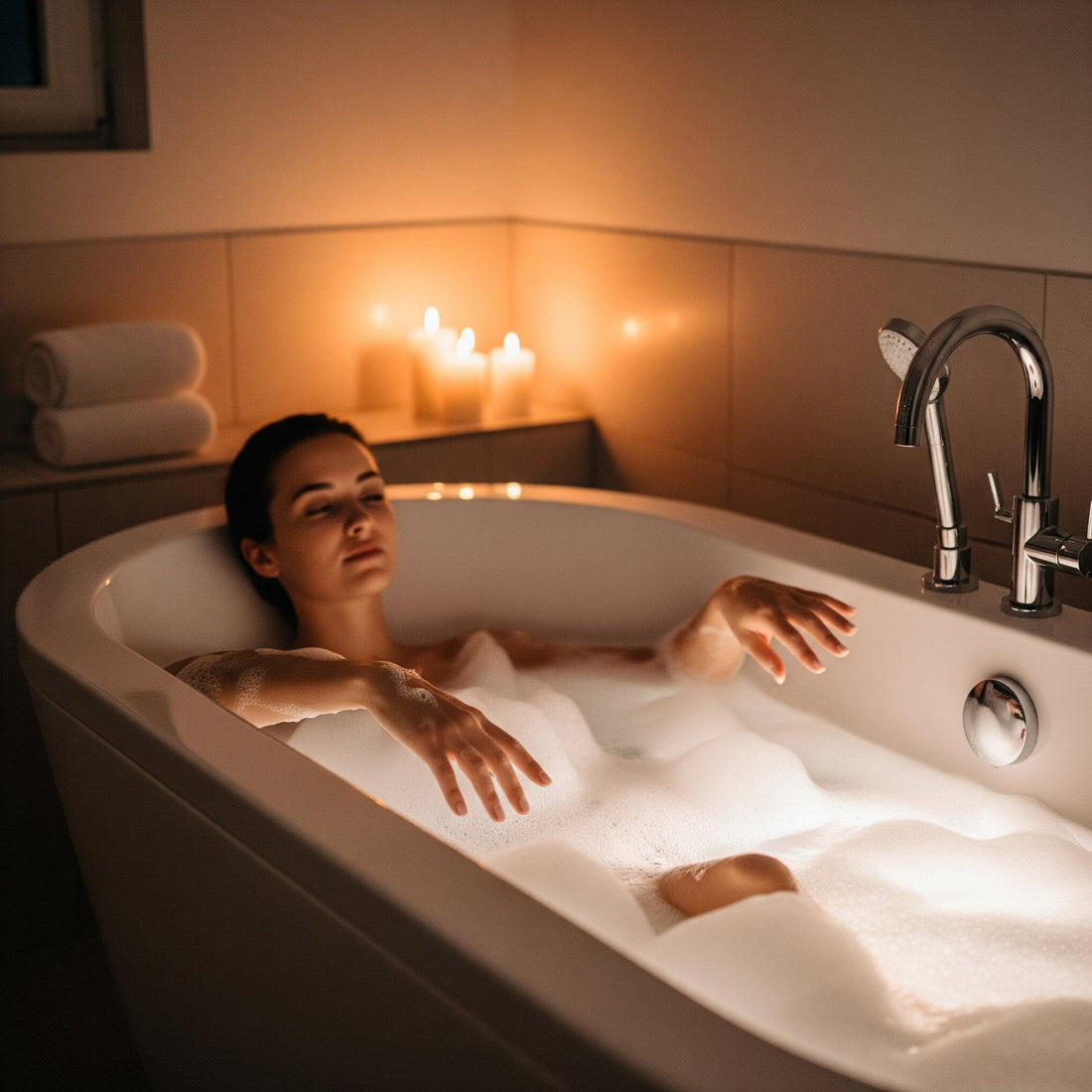
Are Bath Salts Safe for Plumbing
There's nothing quite like sinking into a warm bath after a long, stressful day, right? And if you're like me, those soothing bath salts often make the experience even better. The fragrant steam, the relaxing minerals... pure bliss! But have you ever paused, mid-dissolve, and wondered: "Are these delightful little crystals actually safe for my plumbing system?" It's a question that surprisingly few people ask, and one that, as a homeowner who's faced a few unexpected plumbing woes, I've come to realize is incredibly important.
Let's face it, we pour all sorts of things down our drains without a second thought – shampoo, conditioner, soap scum. But bath salts, with their often chunky texture and various mineral compositions, can be a different beast entirely. We're talking about things like Epsom salts (magnesium sulfate), Himalayan pink salt, Dead Sea salts, and even beautifully scented mixtures that sometimes contain dried botanicals or essential oil blends. While these are fantastic for your skin and muscles, their journey through your pipes is what we need to consider.
The Good, The Bad, and The Gritty: What's Really Happening Down There?
When you sprinkle those lovely salts into your tub, they're designed to dissolve in the hot water. And for the most part, they do. But it's not always a 100% complete dissolution, especially if you're using larger grain salts or a particularly generous amount. This is where the potential for plumbing problems begins.
✨ Undissolved Salt Residue: Imagine tiny, abrasive crystals traveling through your drainpipes. While small amounts might be flushed away without a hitch, a consistent habit of using a lot of bath salts can lead to a gradual build-up of undissolved residue. This is particularly true in older homes with narrower pipes or if your water pressure isn't super strong. This residue can stick to the inside of your pipes, especially in areas where there might be existing grease or soap scum.
✨ Mineral Deposits & Hard Water Headaches: Many bath salts are rich in minerals. While beneficial for us, these minerals can contribute to the dreaded mineral buildup in your plumbing. If you already live in an area with hard water, you're already fighting a battle against limescale and other mineral deposits. Adding more minerals to the mix, even dissolved ones, can exacerbate this issue over time. Think of it like adding extra layers to an already narrow tunnel. This mineral accumulation can narrow your pipes, reducing water flow and eventually leading to clogs.
✨ The Trouble with 'Extra' Ingredients: Beyond just the salts themselves, many luxurious bath products contain additional elements. We're talking about essential oils, fragrances, dried flower petals, glitter, and even clays. While these make for a delightful bath experience, they can be a nightmare for your drain.
✨ Oils and Fats: Essential oils, while aromatic, are still oils. Over time, these can solidify in your pipes, especially when they cool, acting like glue for other debris. This sticky film can easily trap hair, soap scum, and, you guessed it, undissolved salt particles. This is a common culprit for slow draining bathtub issues.
✨ Botanicals and Glitter: Those pretty dried rose petals or shimmering glitter might look lovely floating in your bath, but they don't magically disappear. They can easily get caught in the drain strainer or further down the pipe, creating snags where other debris can accumulate, leading to persistent clogs. It's like a tiny dam forming in your pipes!
Keeping Your Pipes Happy: Practical Tips for Bath Salt Enthusiasts
So, does this mean you have to give up your beloved relaxing bath salt soaks? Absolutely not! It just means being a little more mindful and proactive about your plumbing health.
✨ Always Ensure Full Dissolution: This is perhaps the most crucial tip for preventing bath salt clogs. Before you even step into the tub, make sure your bath salts are completely dissolved. Swish the water around, let them sit for a few minutes, or even use a mesh bag designed for bath salts to contain them. This helps prevent larger grains from going straight down the drain.
✨ Use Less, But More Often: Instead of dumping a massive amount of bath salts into one bath, consider using a smaller, recommended amount for each soak. This reduces the concentration of minerals and other ingredients flowing through your pipes.
✨ Regularly Flush with Hot Water: After your bath, let the hot water run for a few extra minutes. This helps flush any remaining residue down the drain and through your plumbing system. A good hot water flush can be surprisingly effective at preventing buildup.
✨ Consider a Drain Screen/Strainer: This simple, inexpensive tool can be a game-changer. A fine mesh drain strainer will catch hair, larger salt particles, and any botanical bits before they have a chance to enter your pipes. Cleaning it out after every bath is a small effort for significant plumbing protection.
✨ Monthly Vinegar and Baking Soda Flush: This old trick is incredibly effective and environmentally friendly. Pour a cup of baking soda down the drain, followed by a cup of white vinegar. Let it fizz and sit for about 30 minutes to an hour, then flush with hot water. This helps break down minor clogs and refresh your pipes. It's a great preventative measure for keeping bathtub drains clear.
✨ Professional Plumbing Check-ups (When in Doubt): If you notice your bath water draining slowly, or if you're experiencing frequent clogs despite your best efforts, it might be time to call in a professional plumber. They can use specialized tools to inspect your pipes and clear any stubborn blockages caused by bath salt residue or other culprits. Addressing these issues early can save you from more costly plumbing repairs down the line.
In conclusion, while bath salts offer wonderful therapeutic benefits, they do pose a potential risk to your home's plumbing if not used mindfully. By understanding how these lovely crystals interact with your pipes and adopting a few preventative habits, you can continue to enjoy your luxurious soaks without the added stress of a plumbing emergency. Your pipes (and your wallet!) will thank you for it. So go ahead, enjoy that bath – but keep those pipes in mind!

